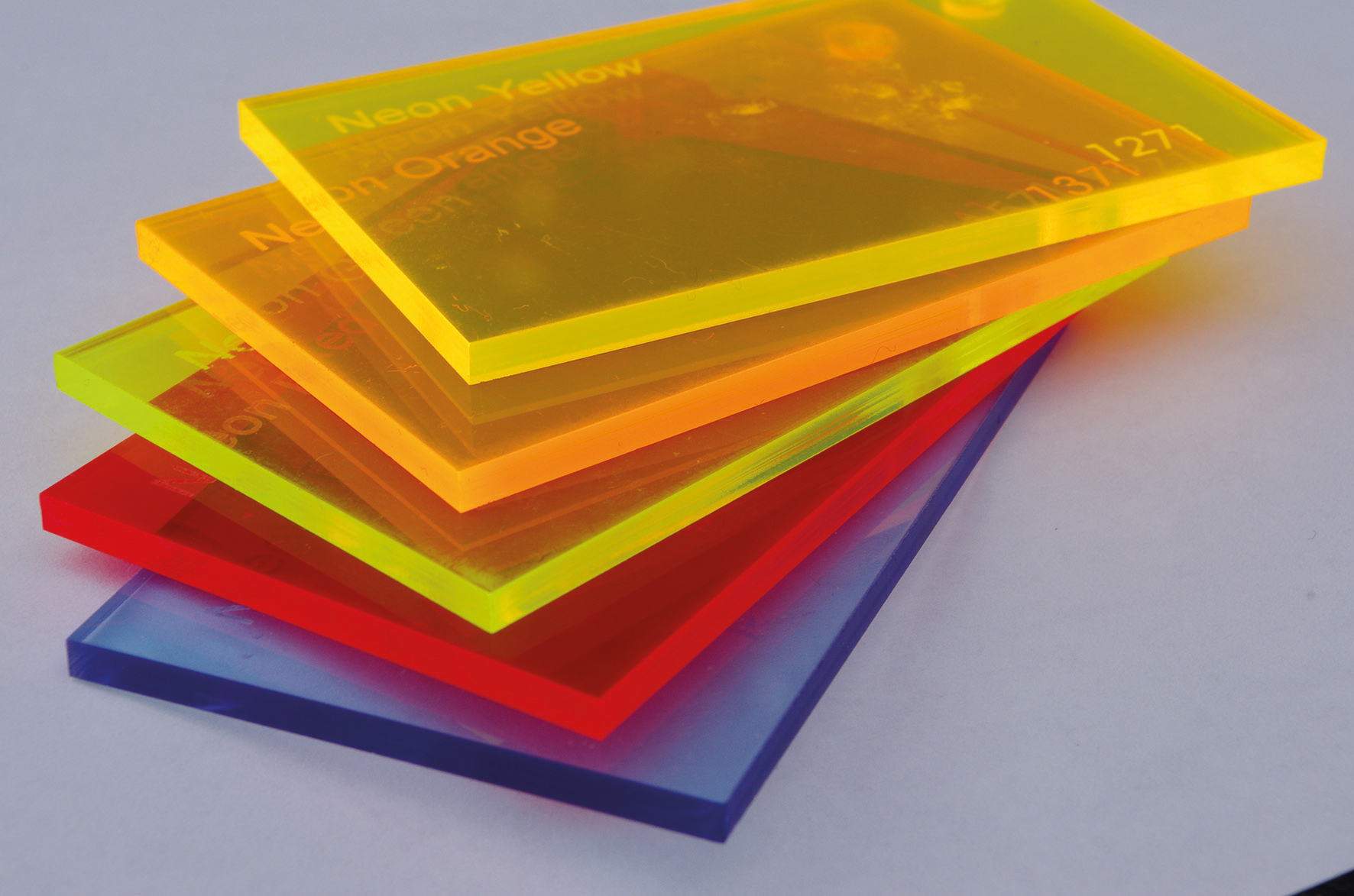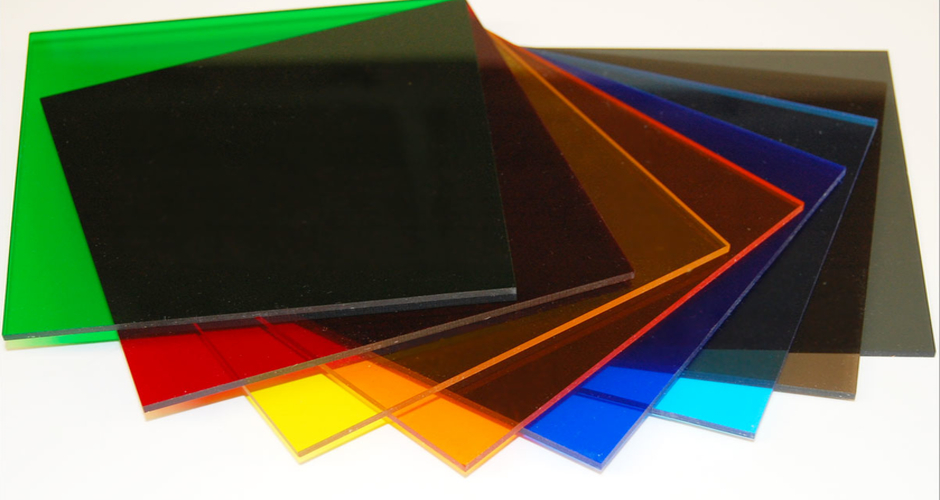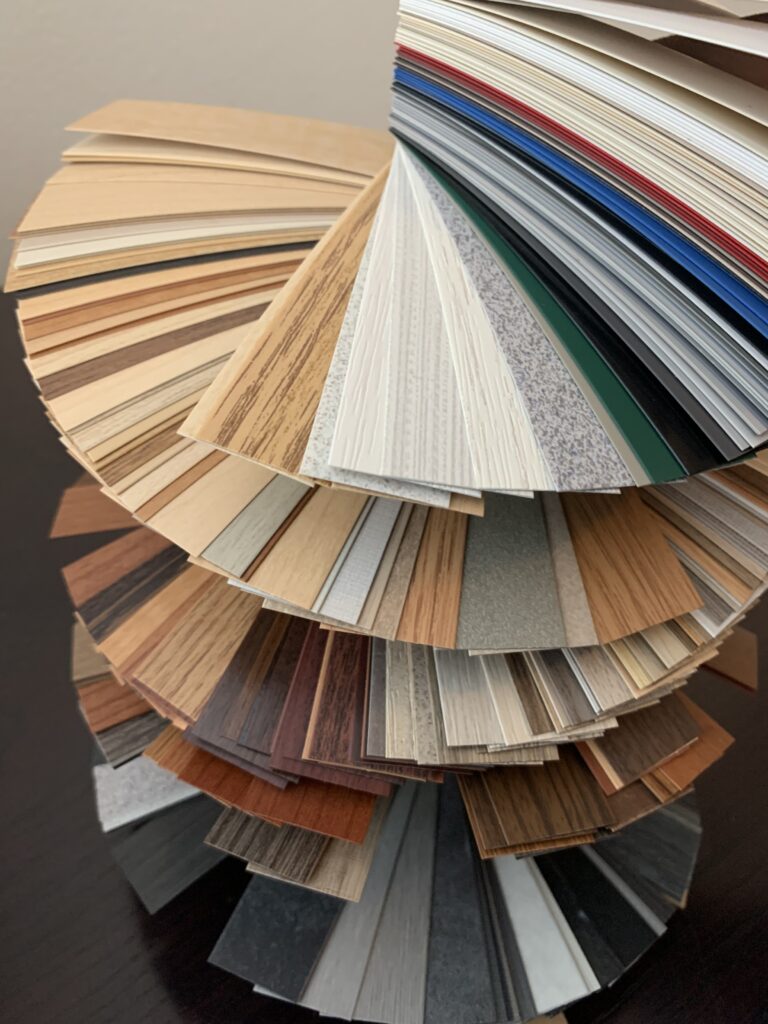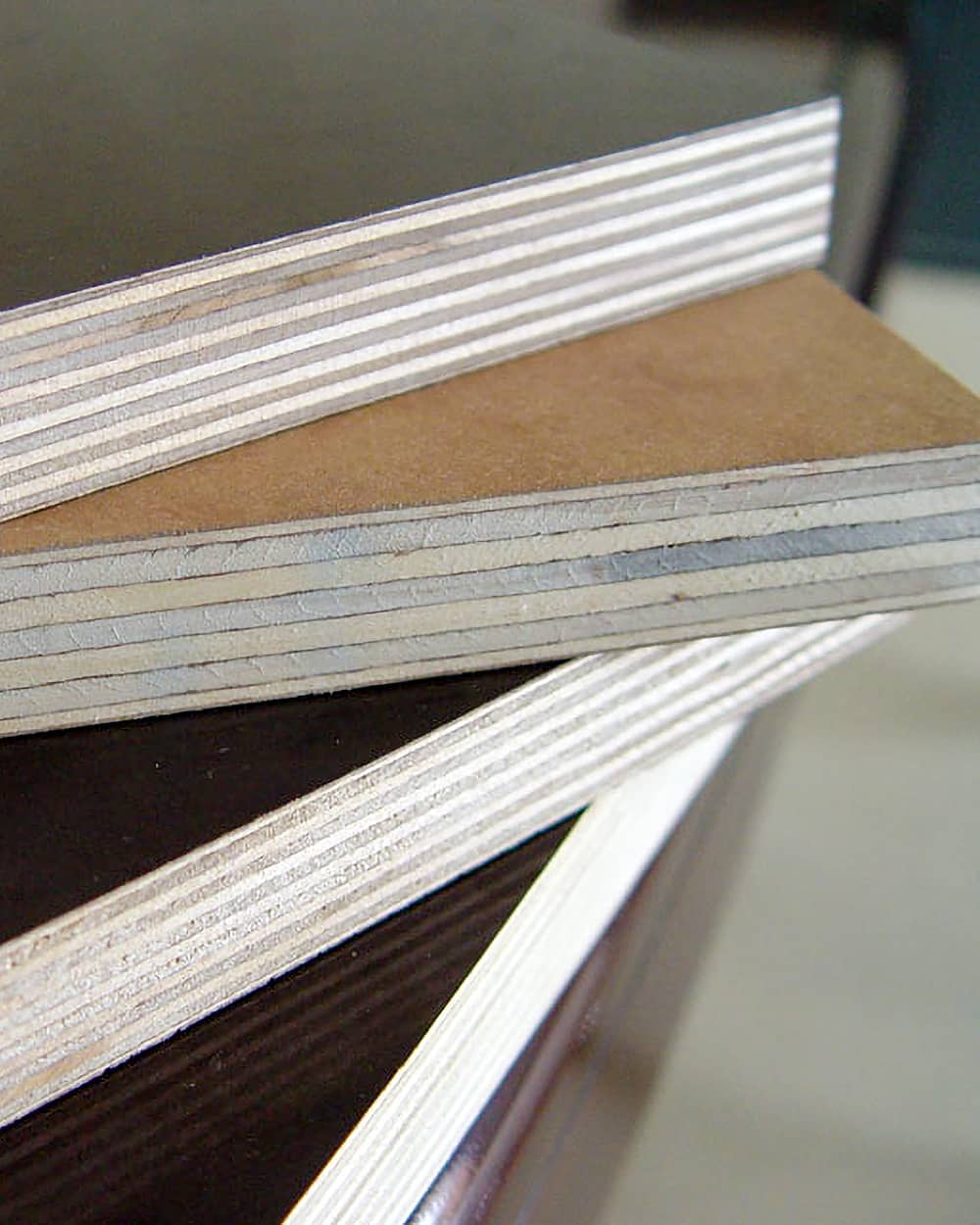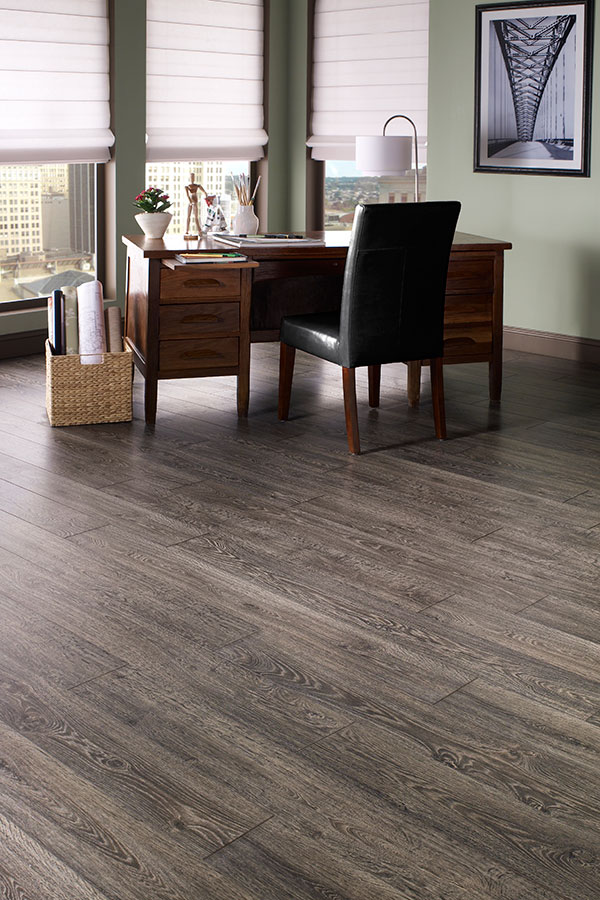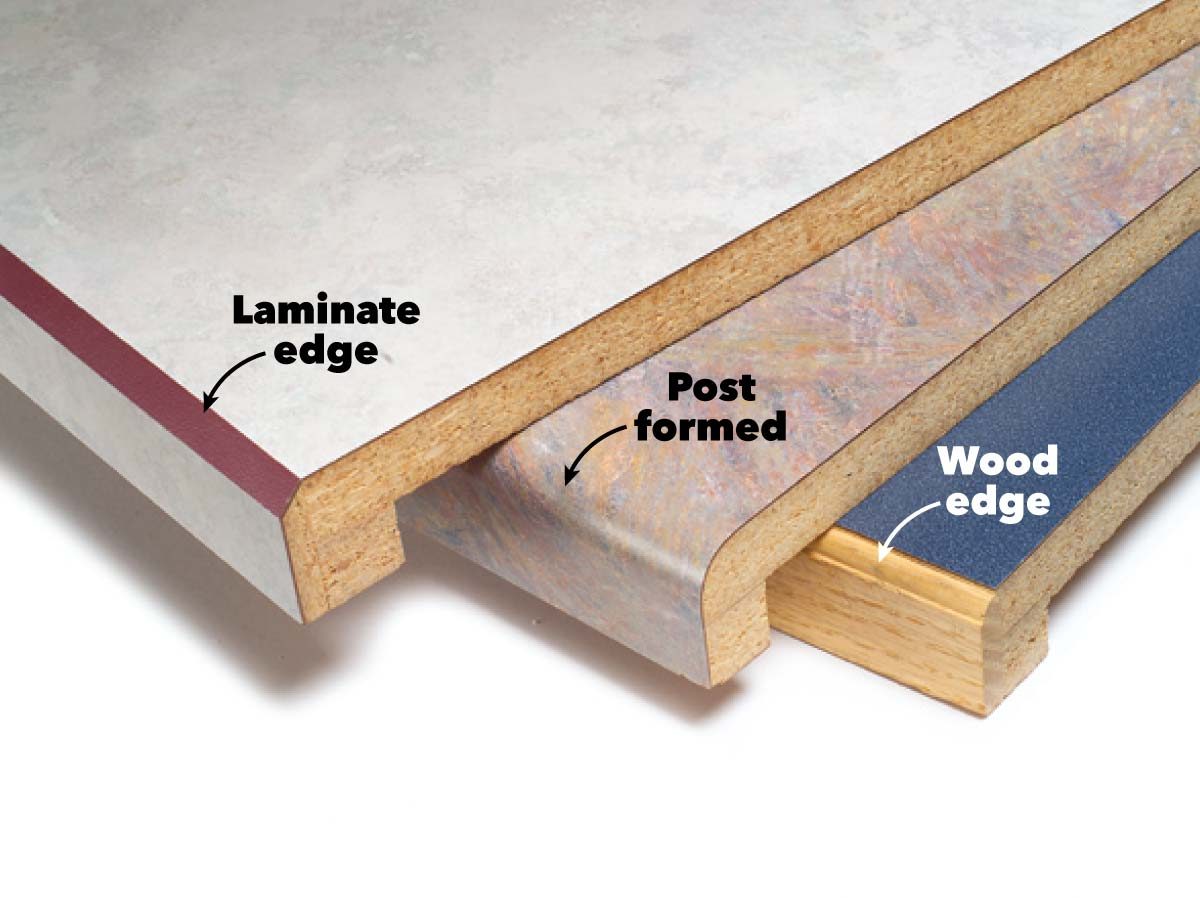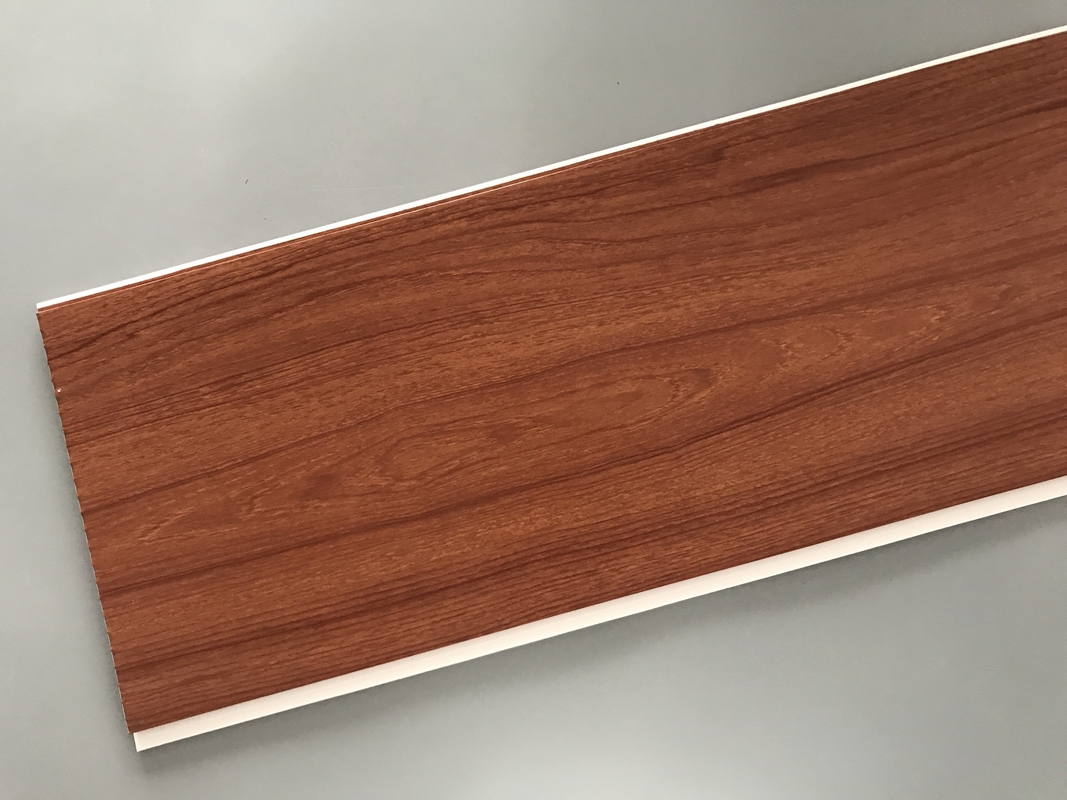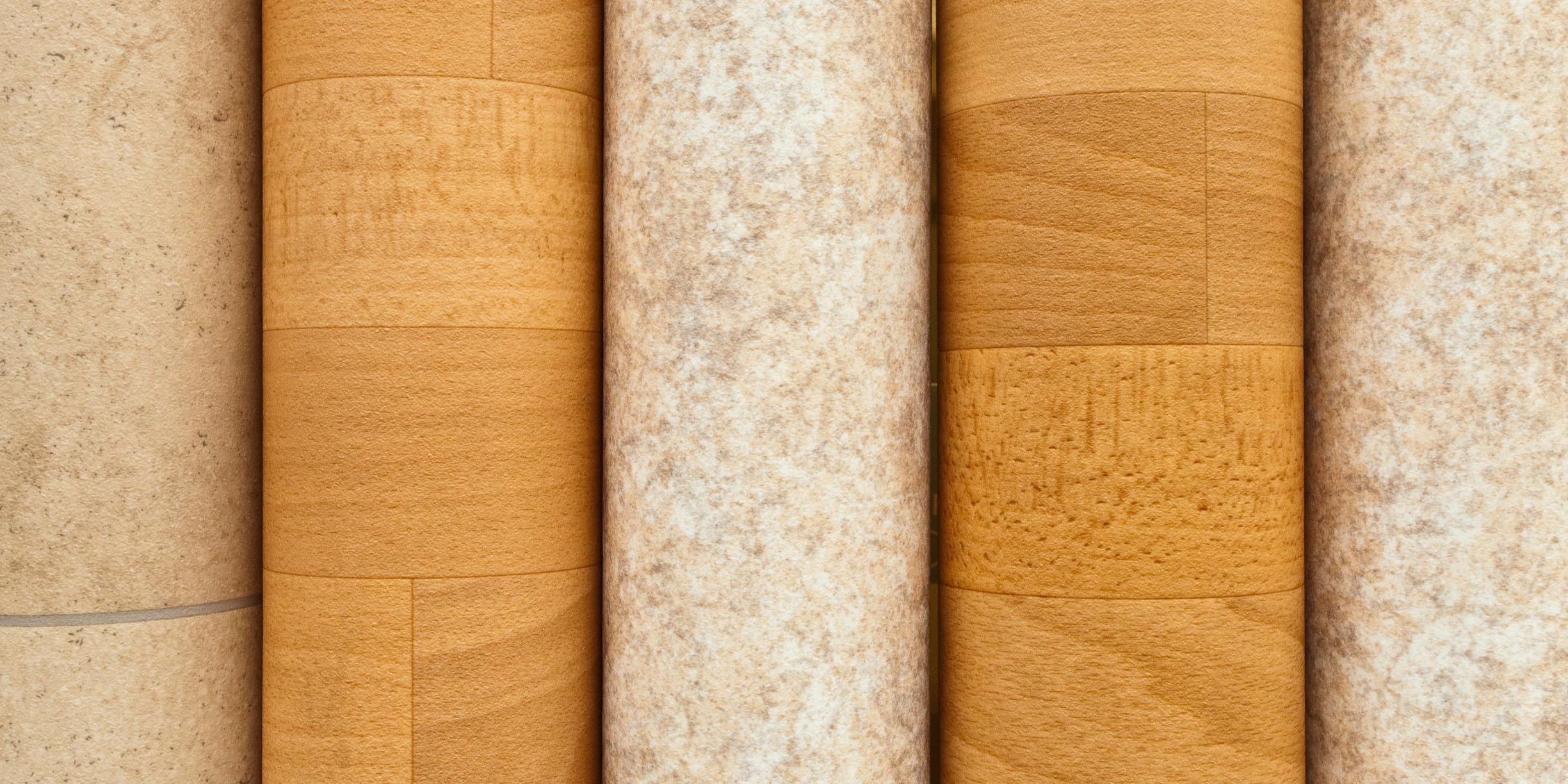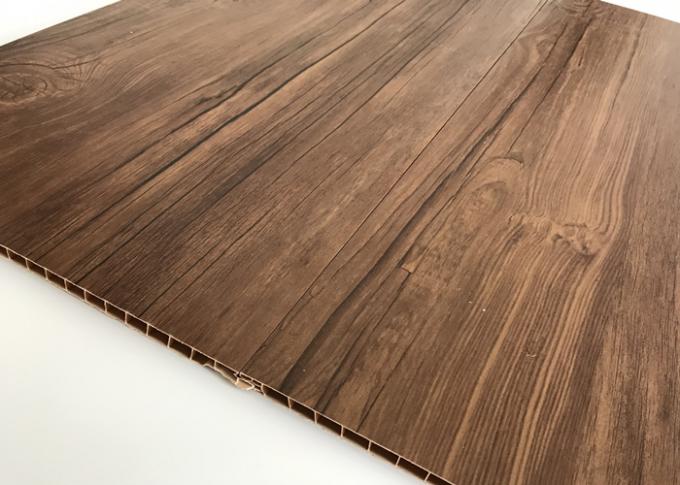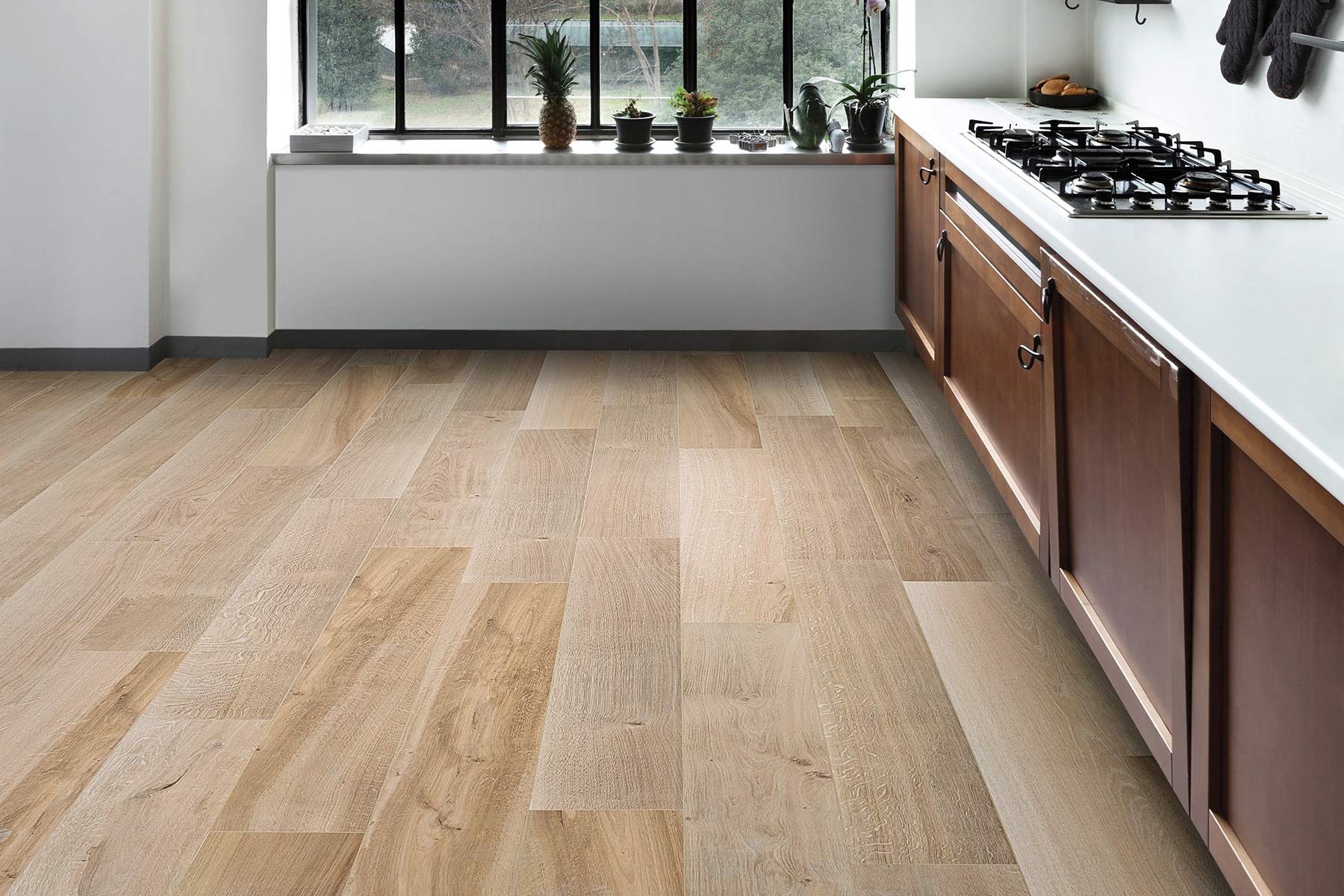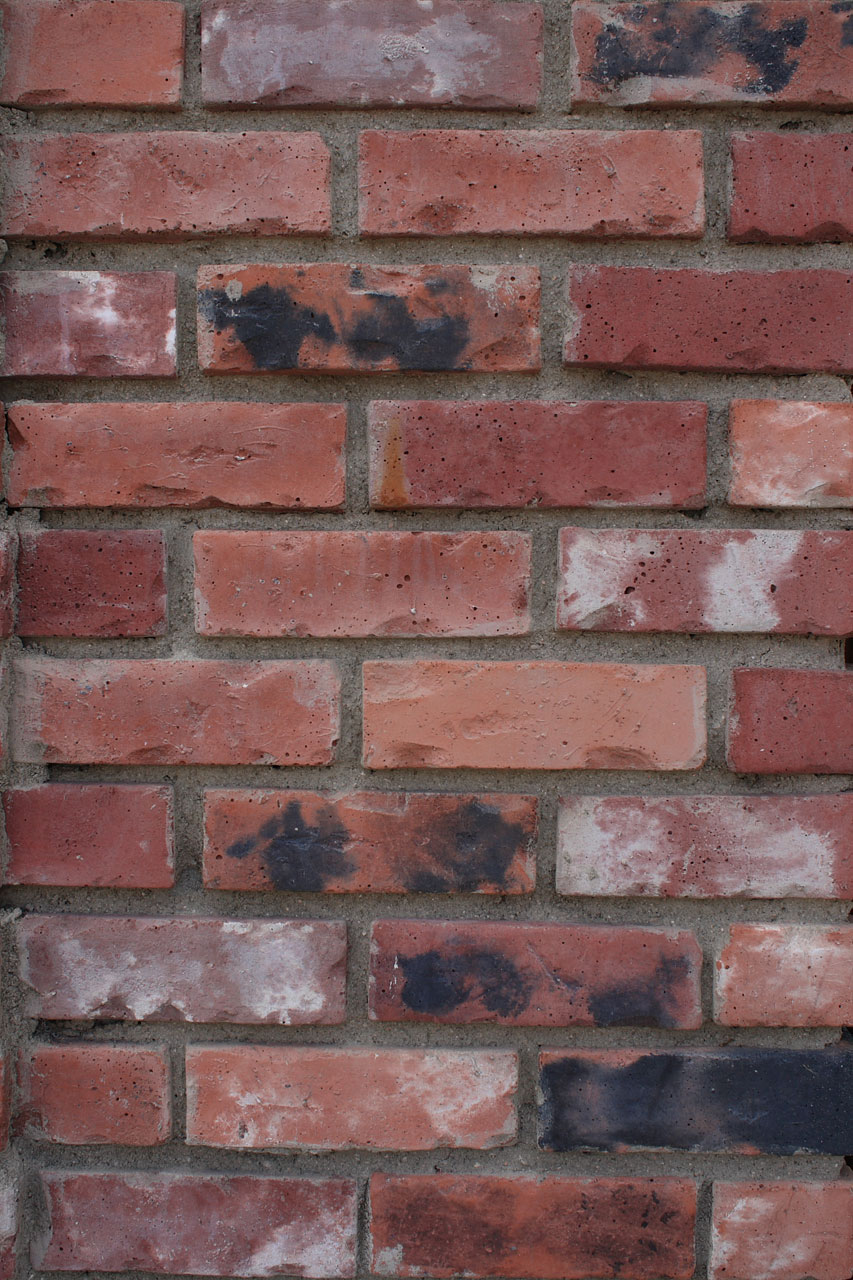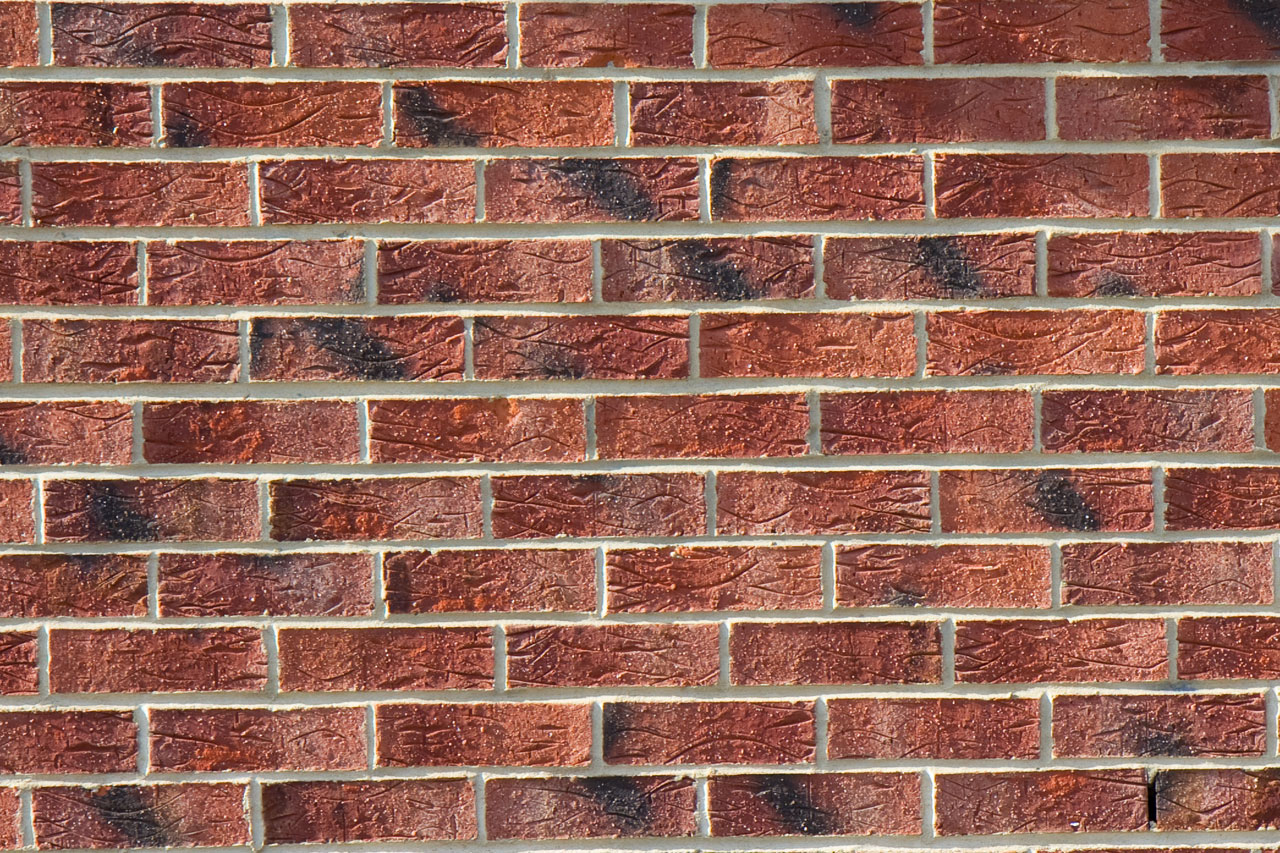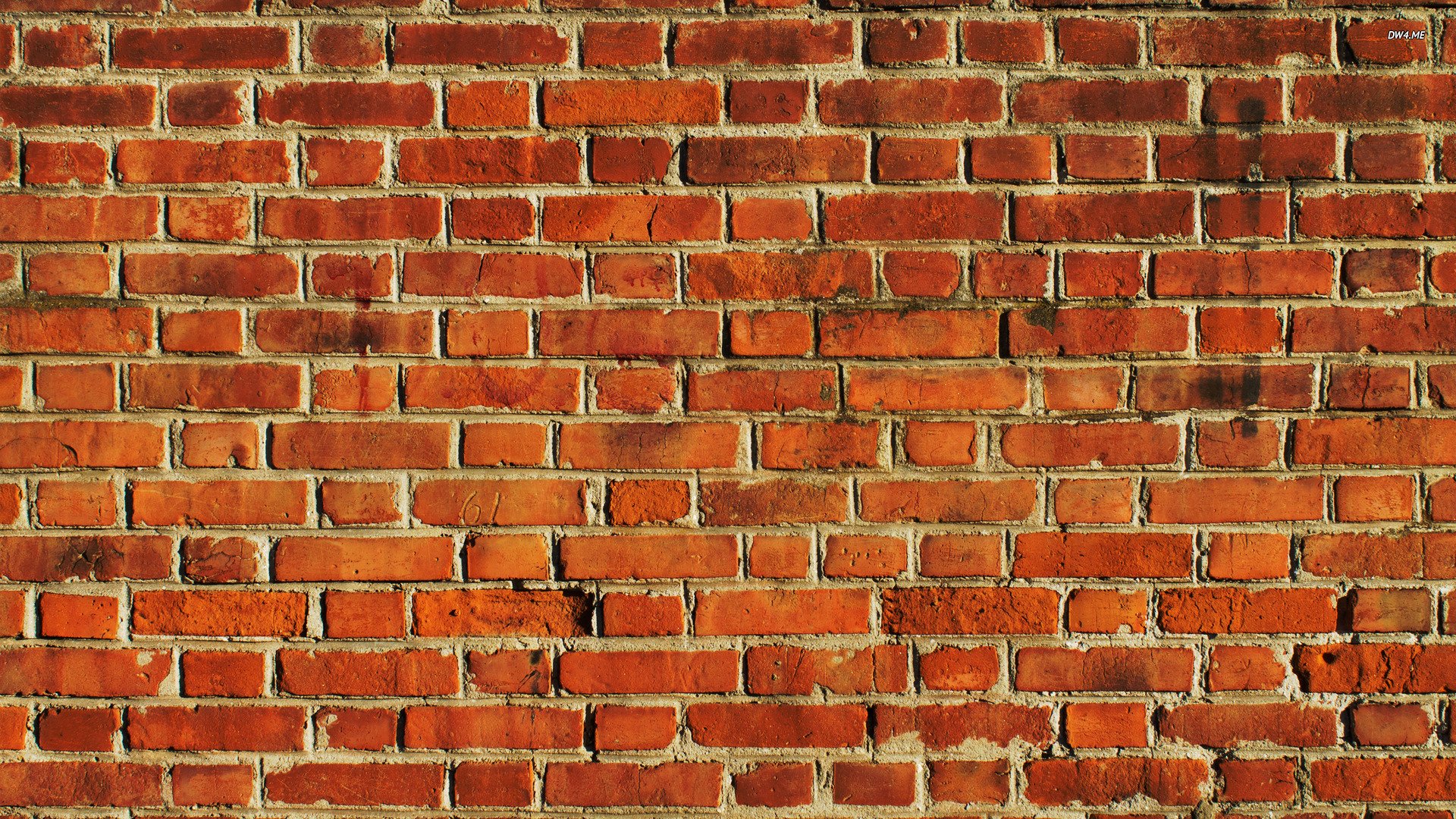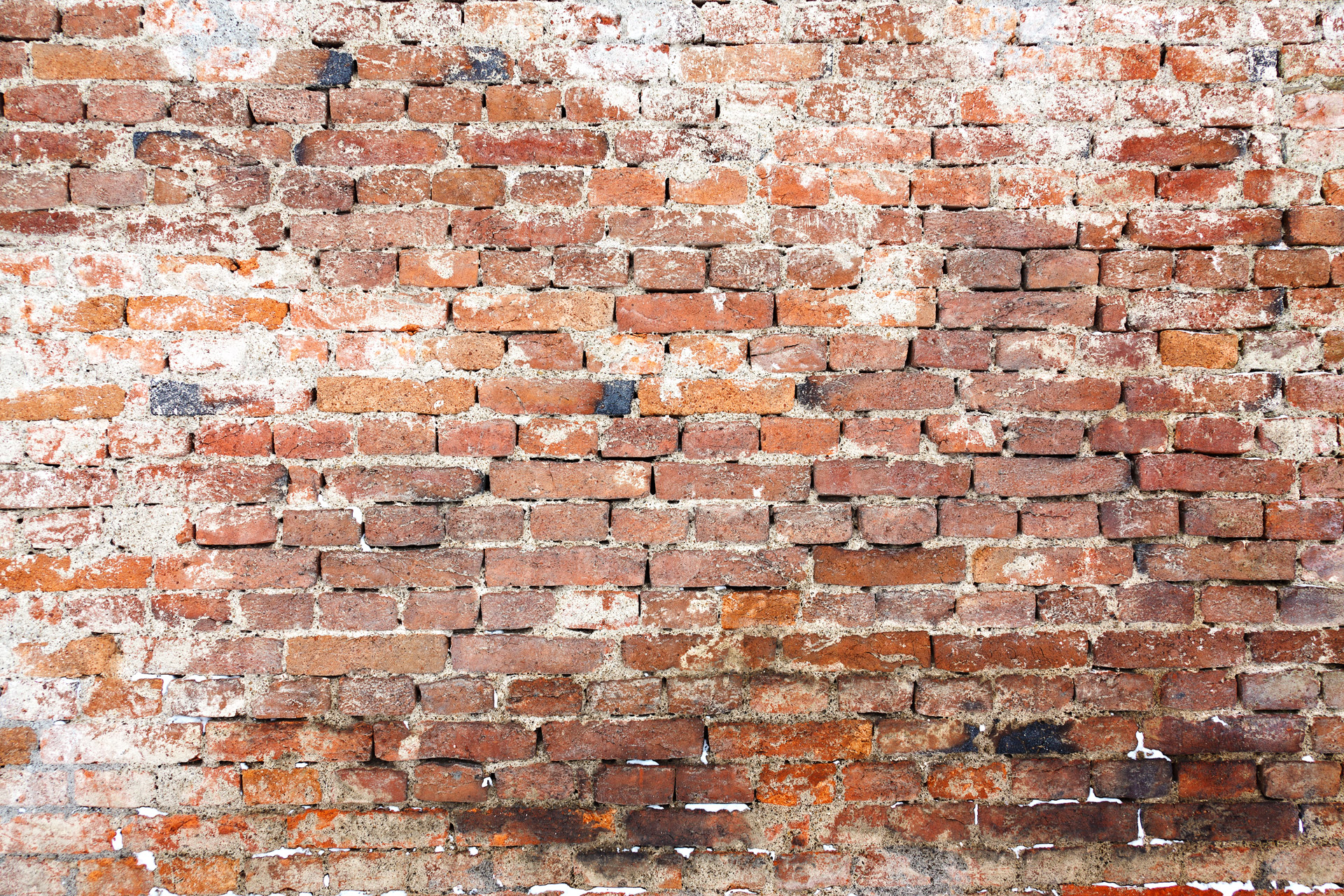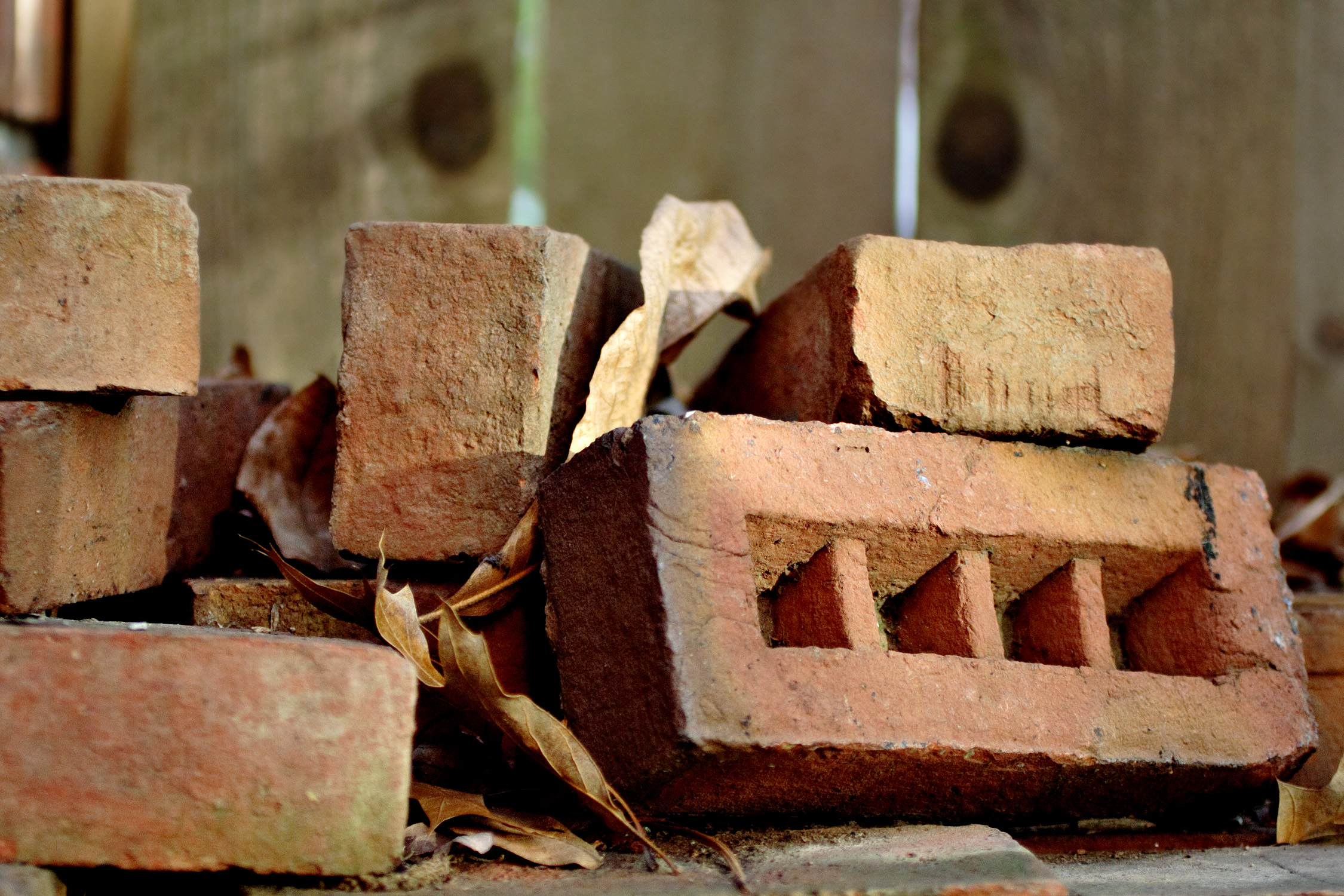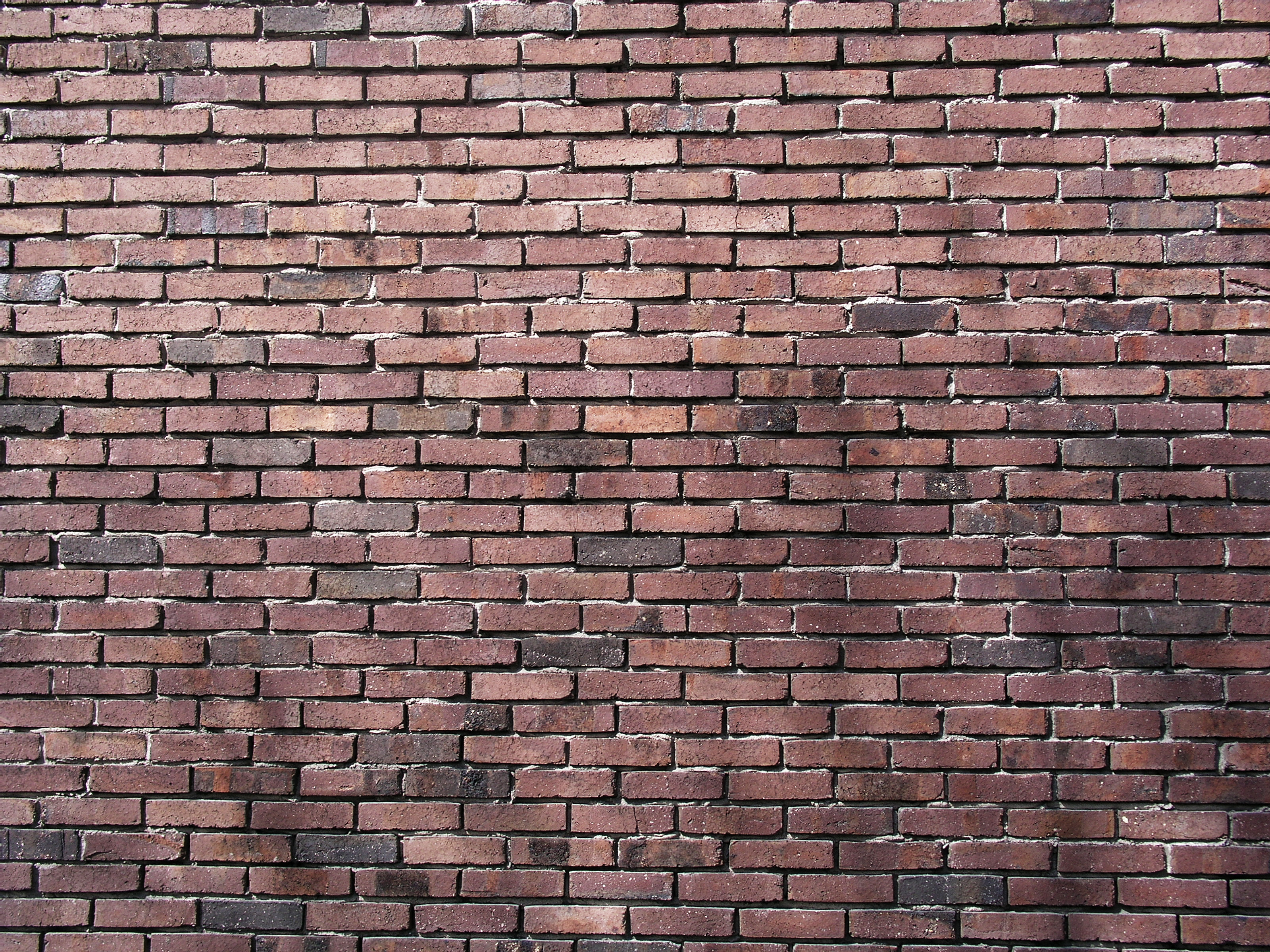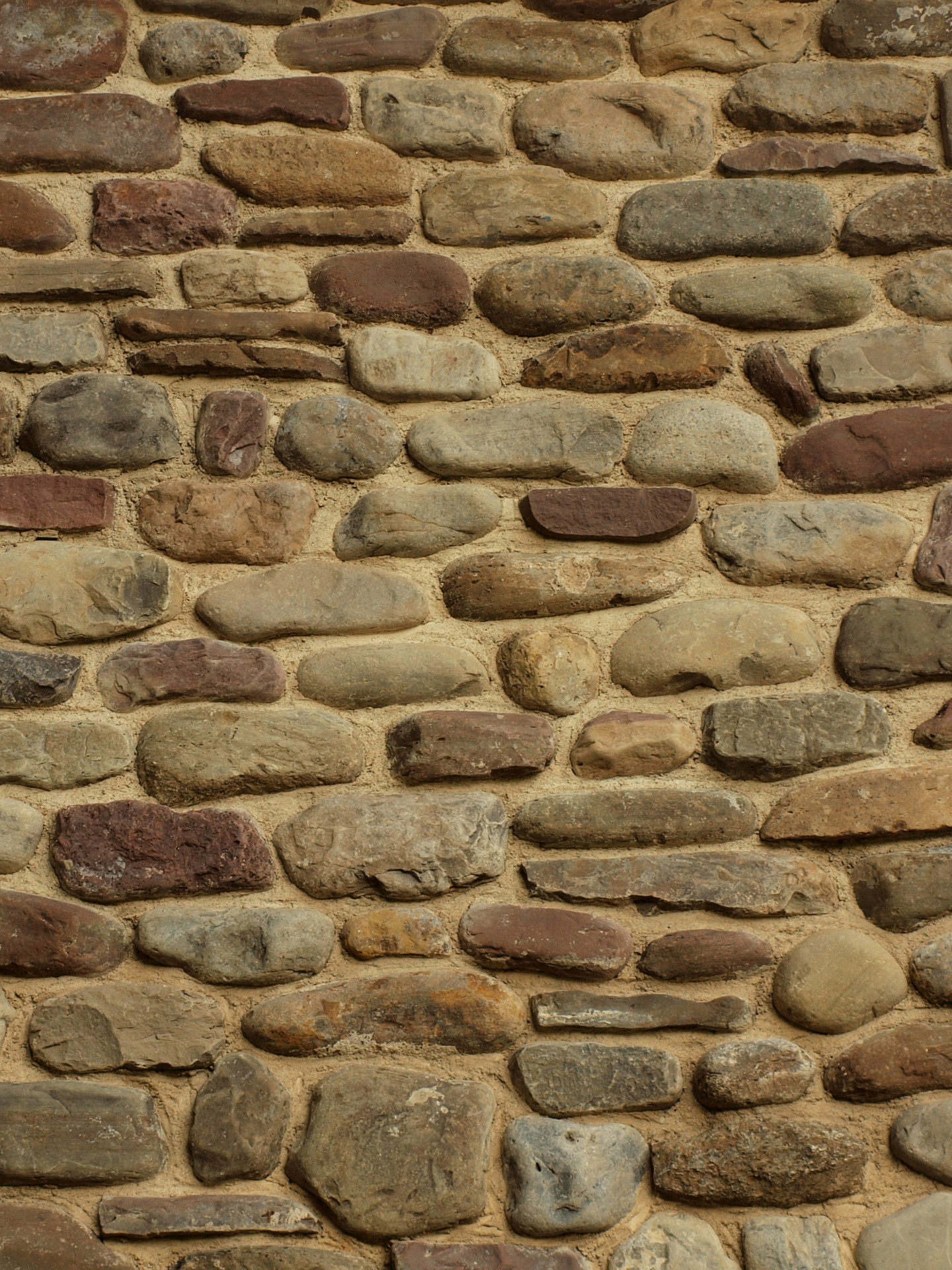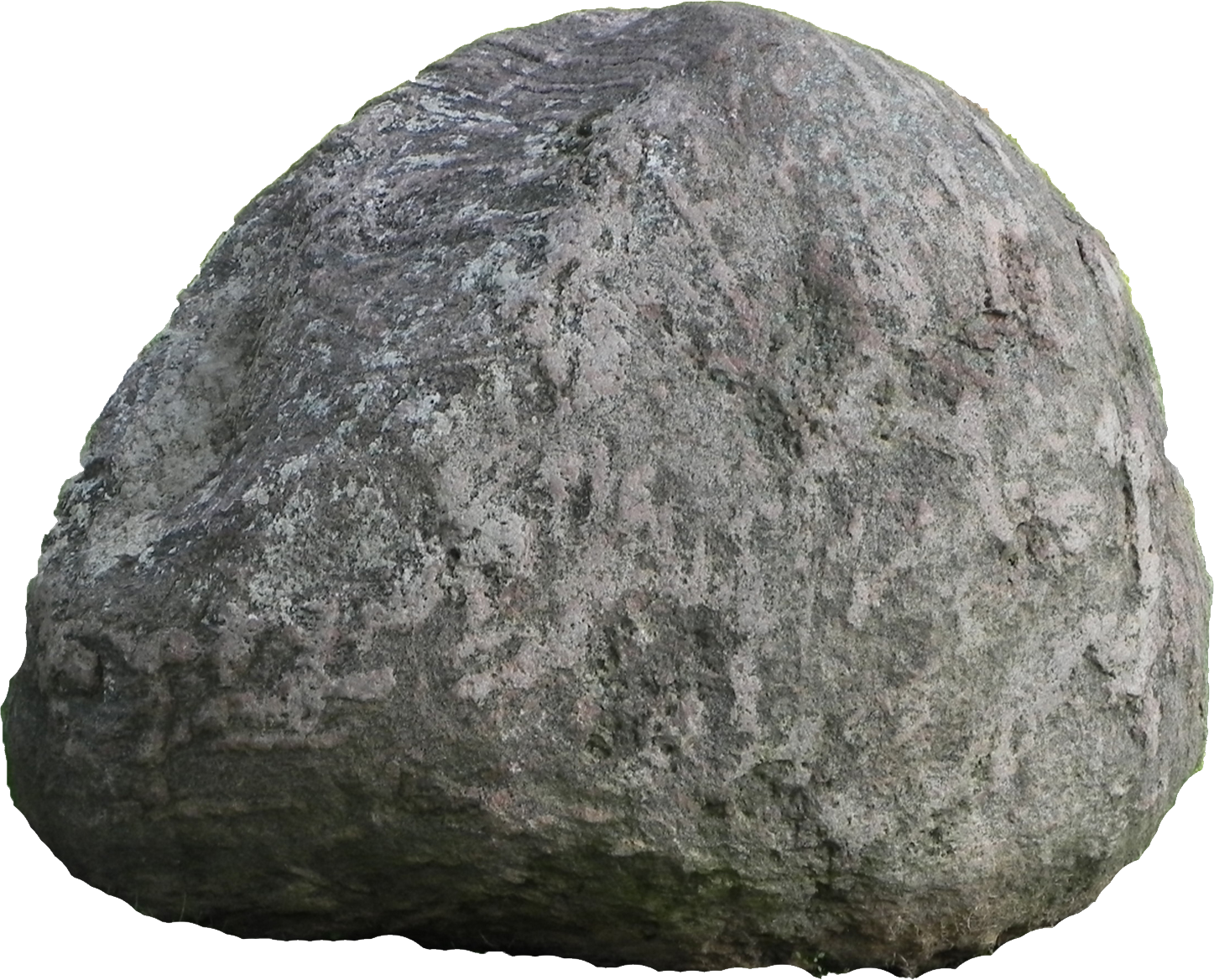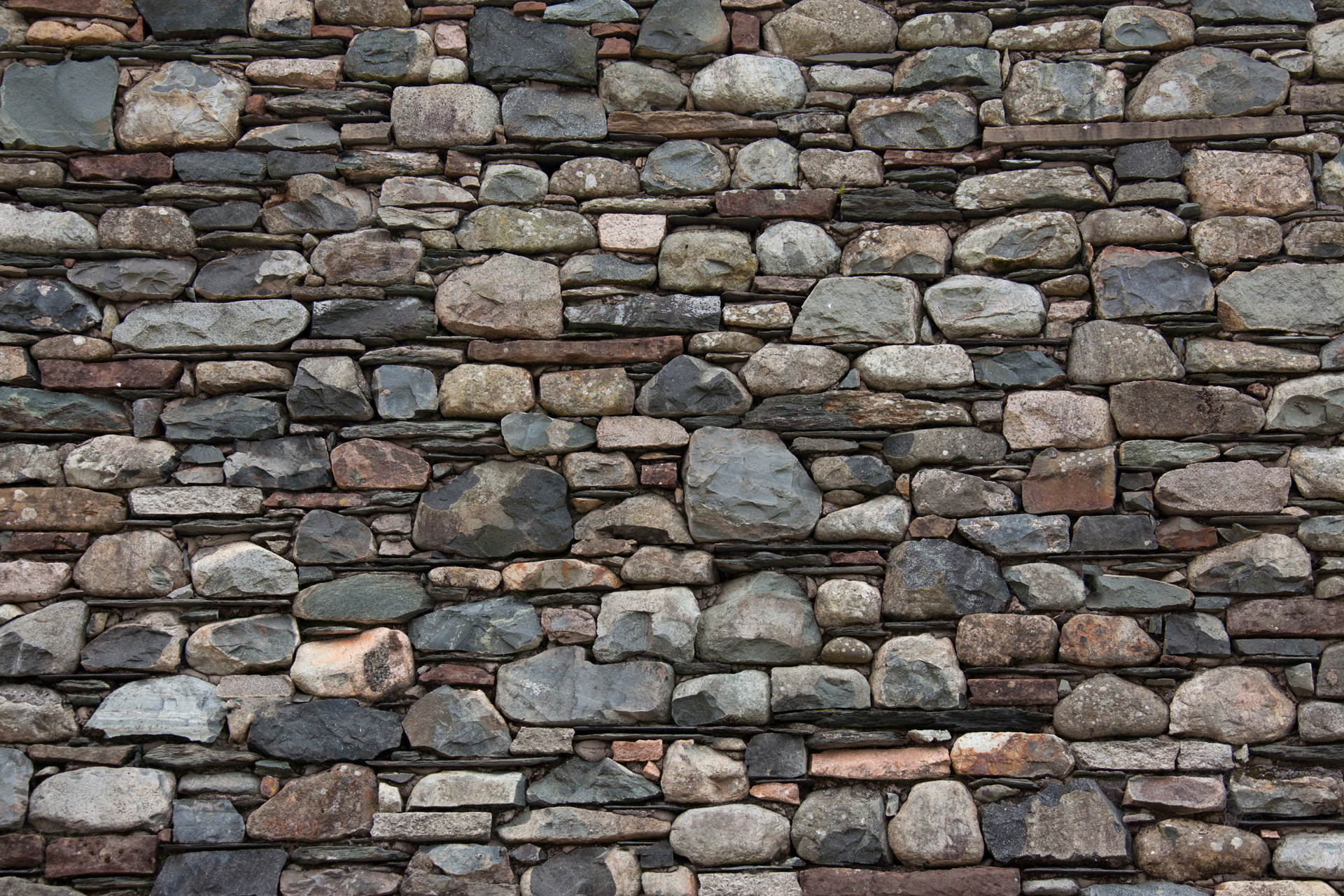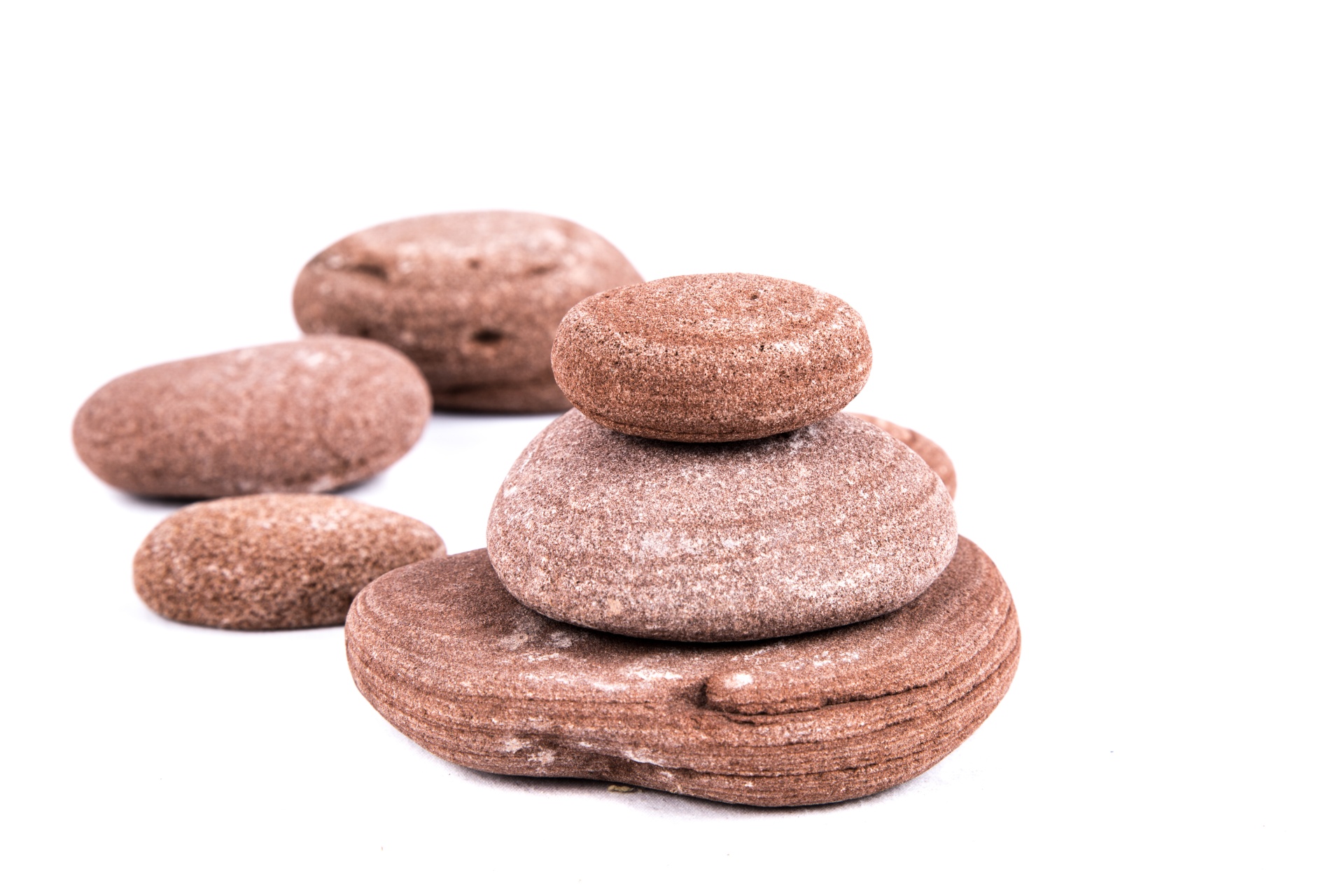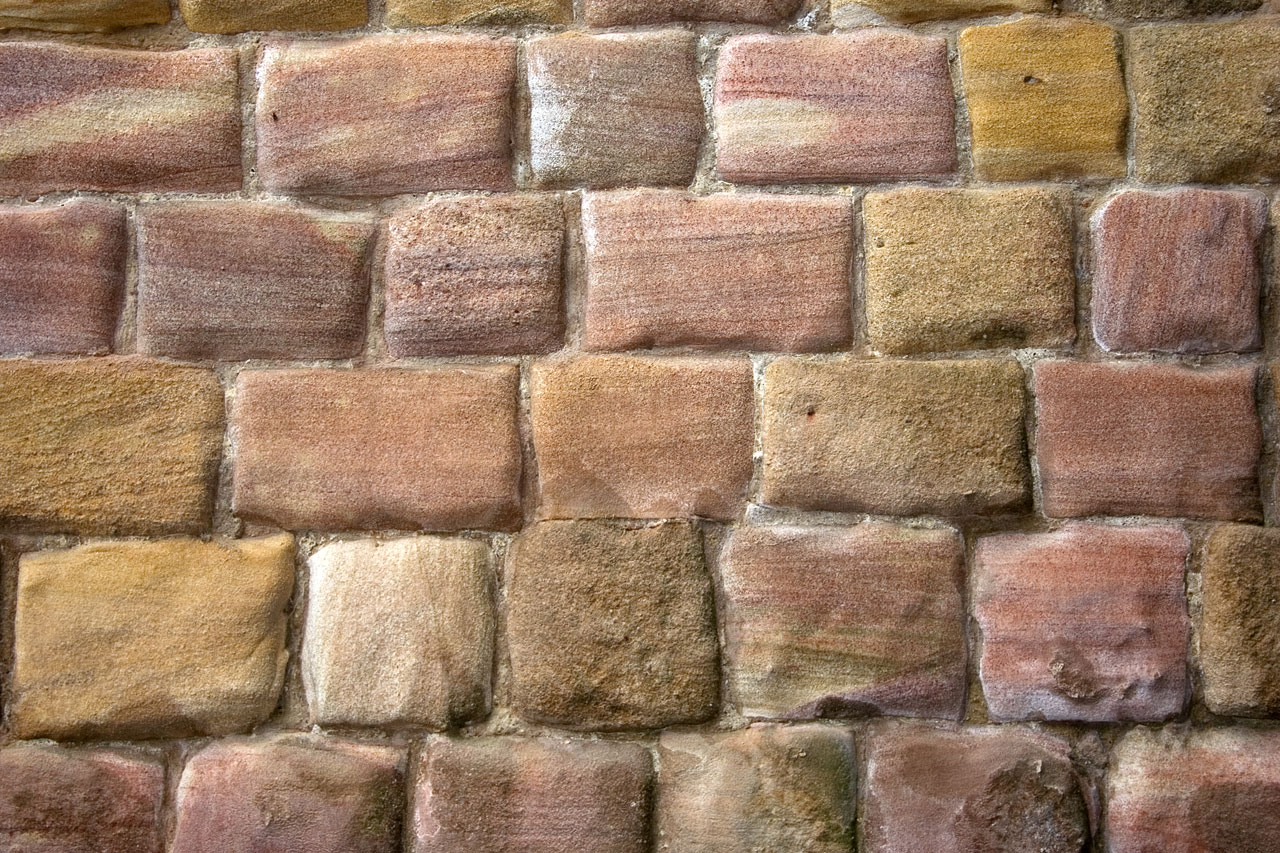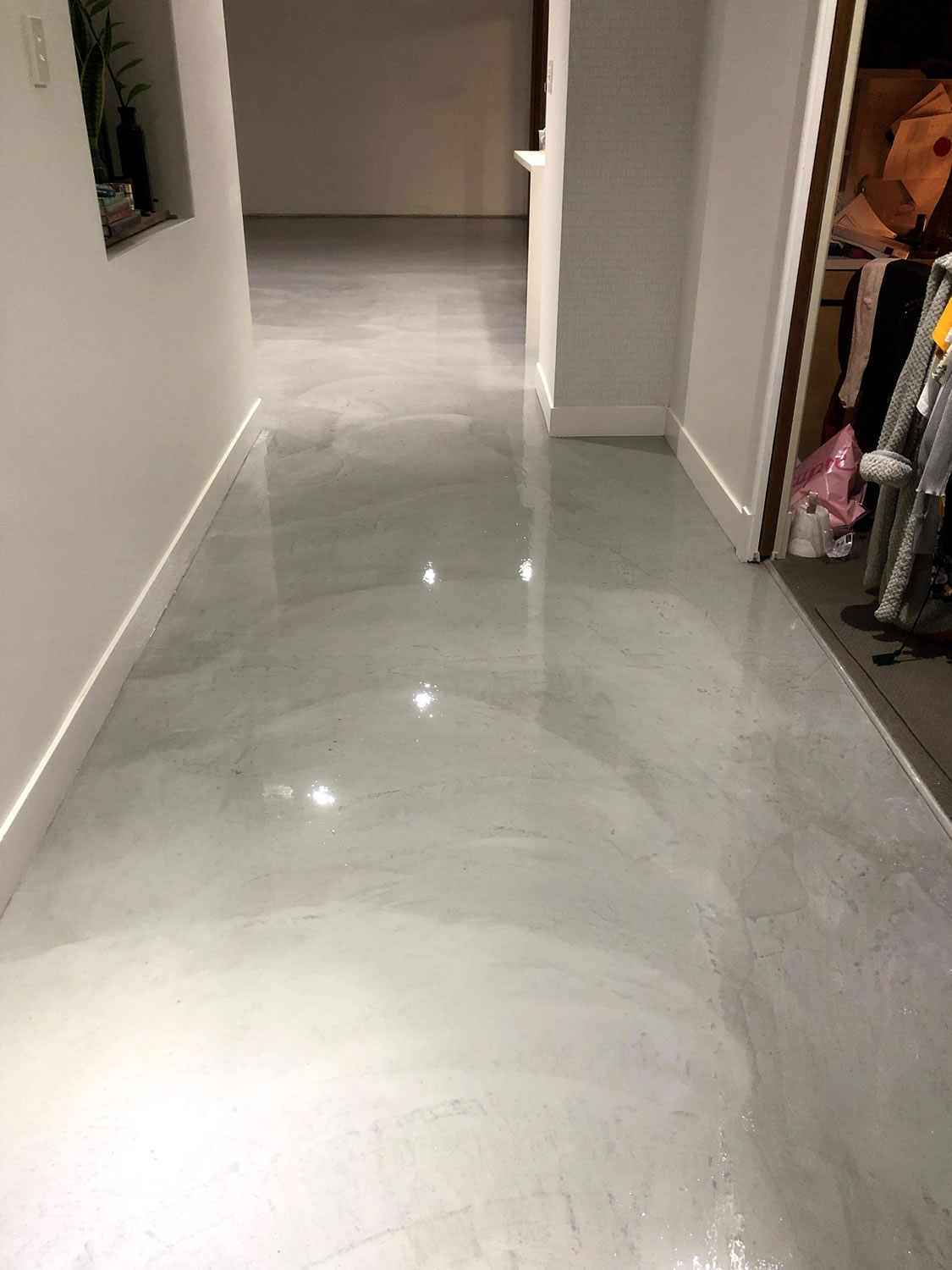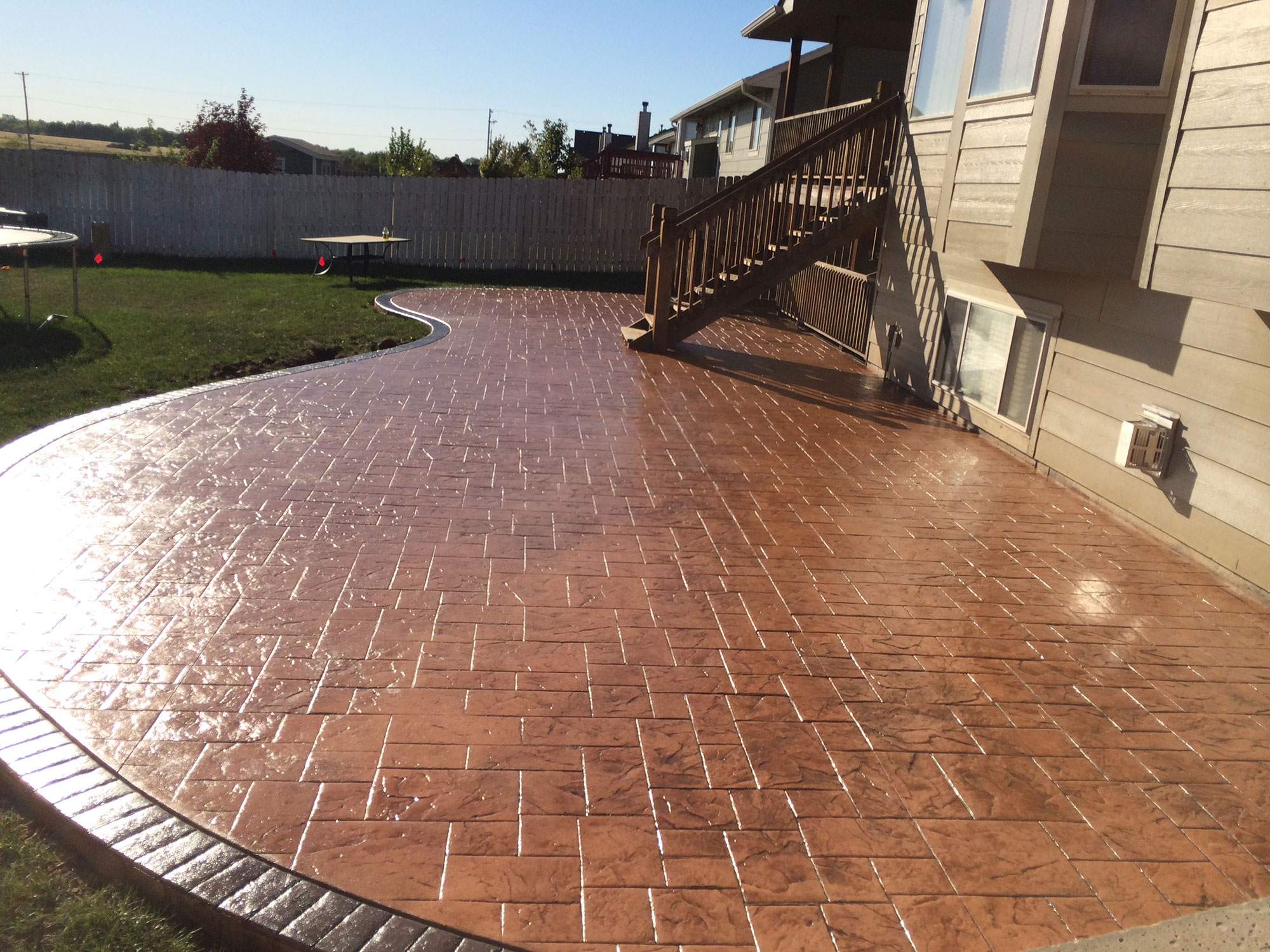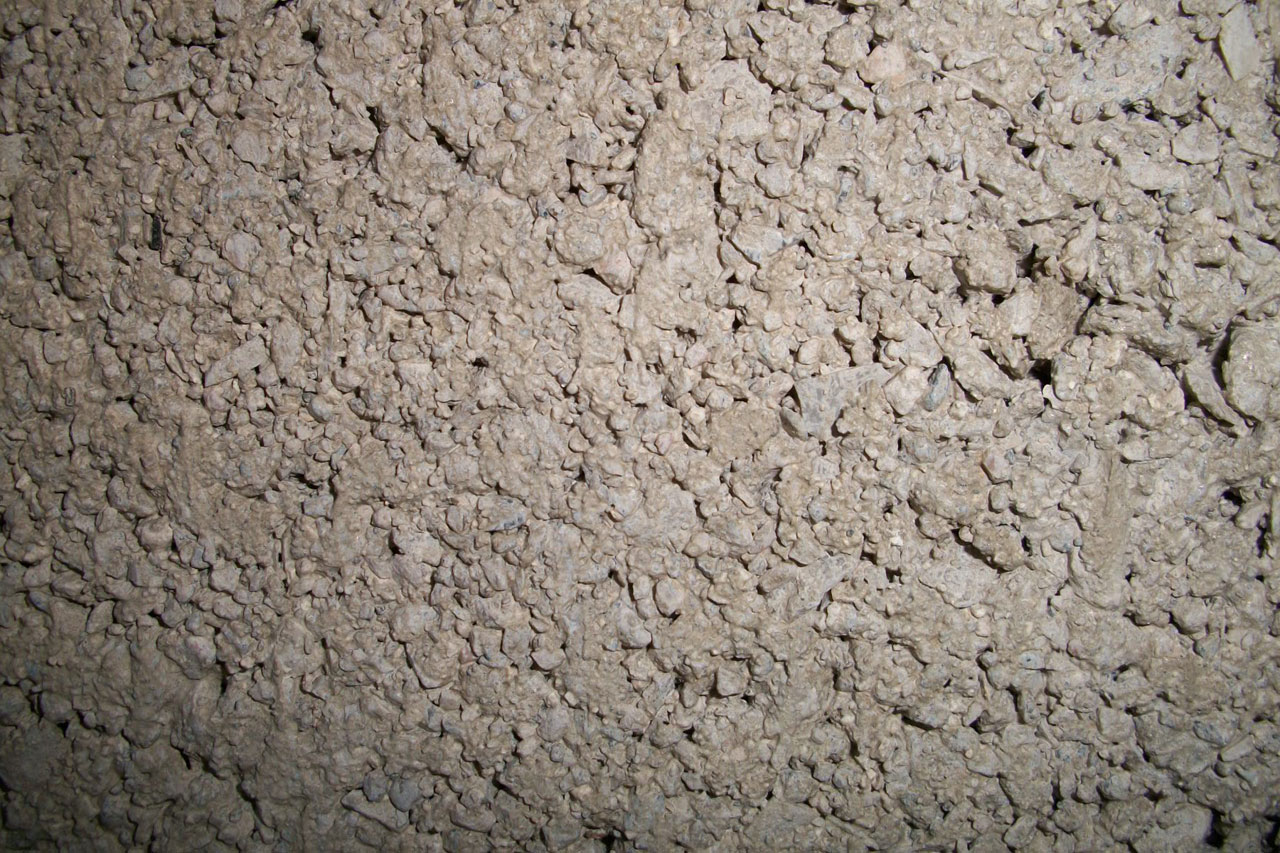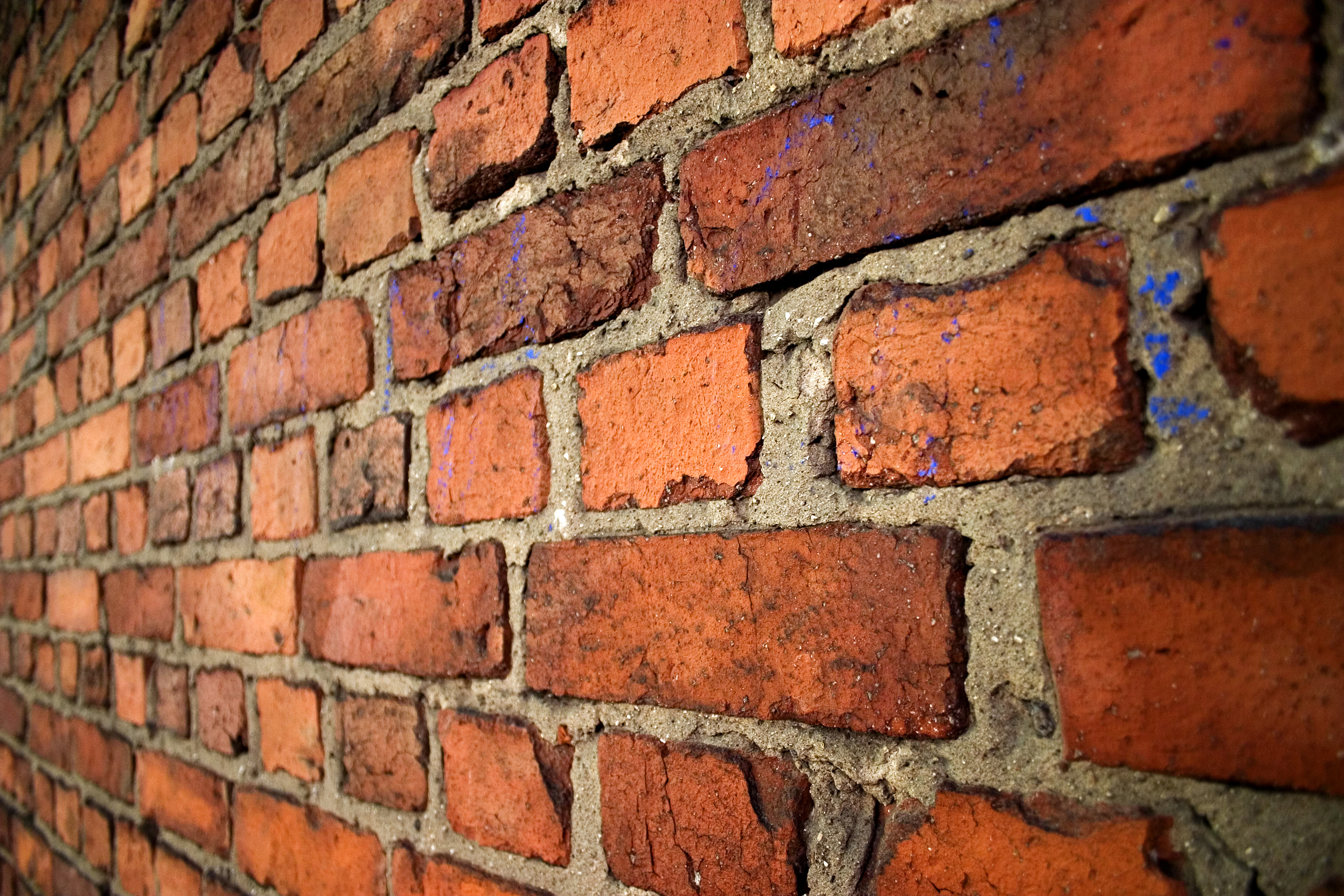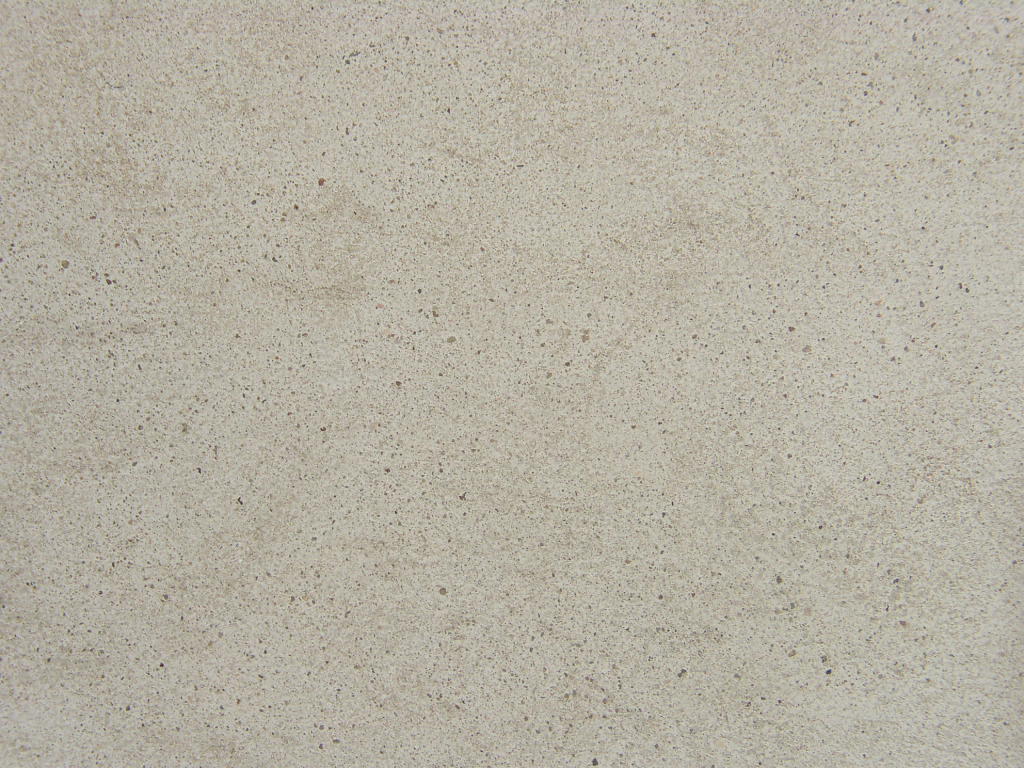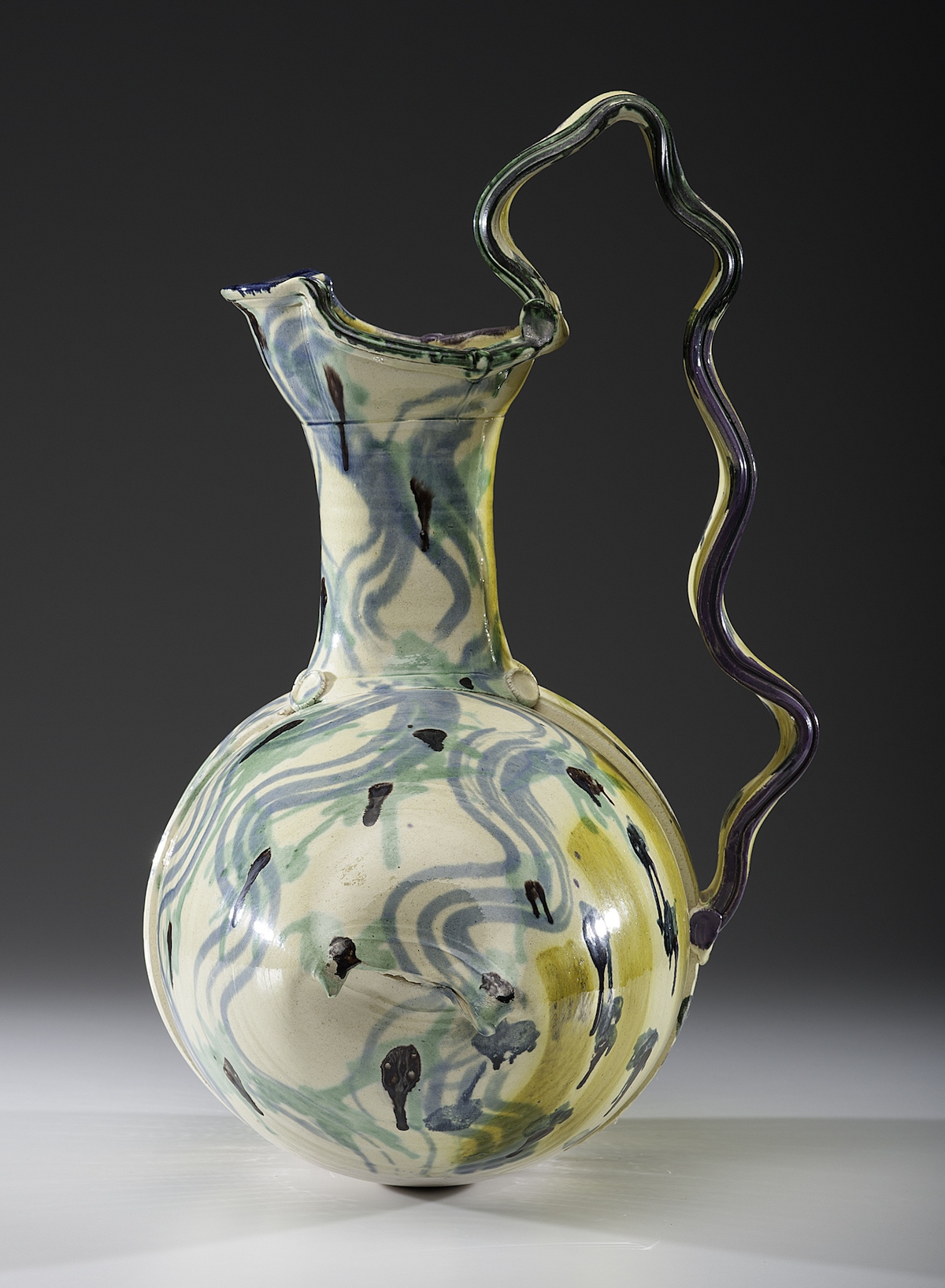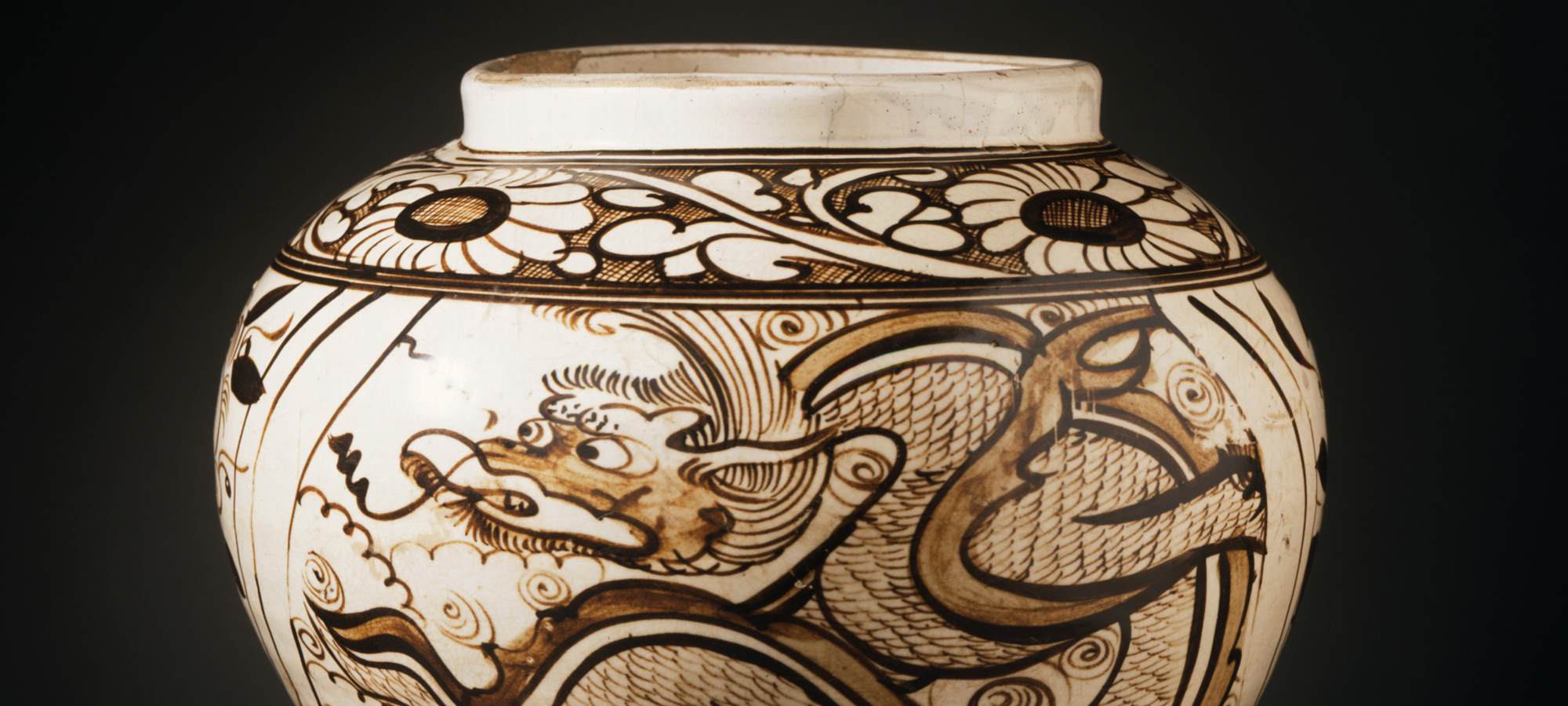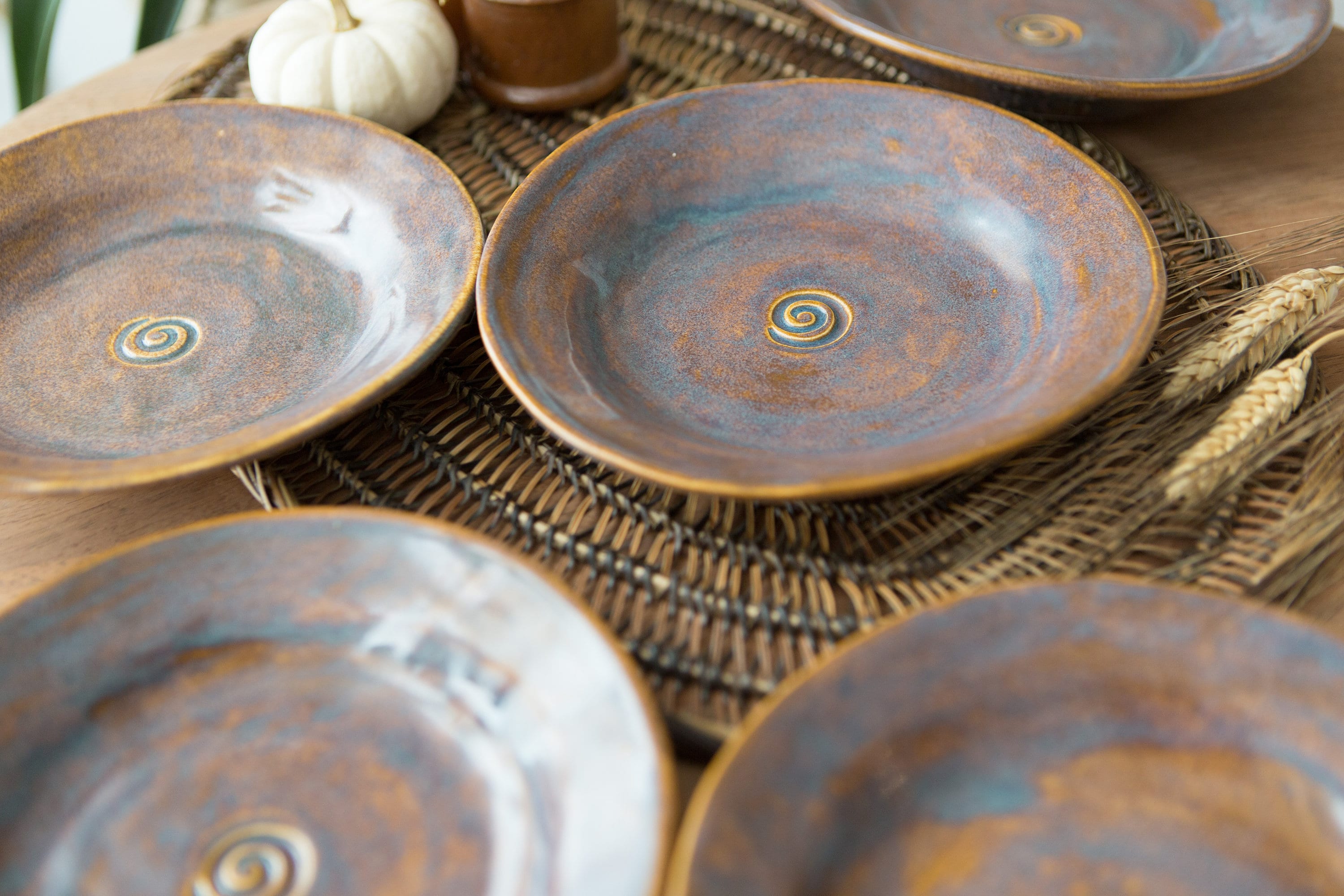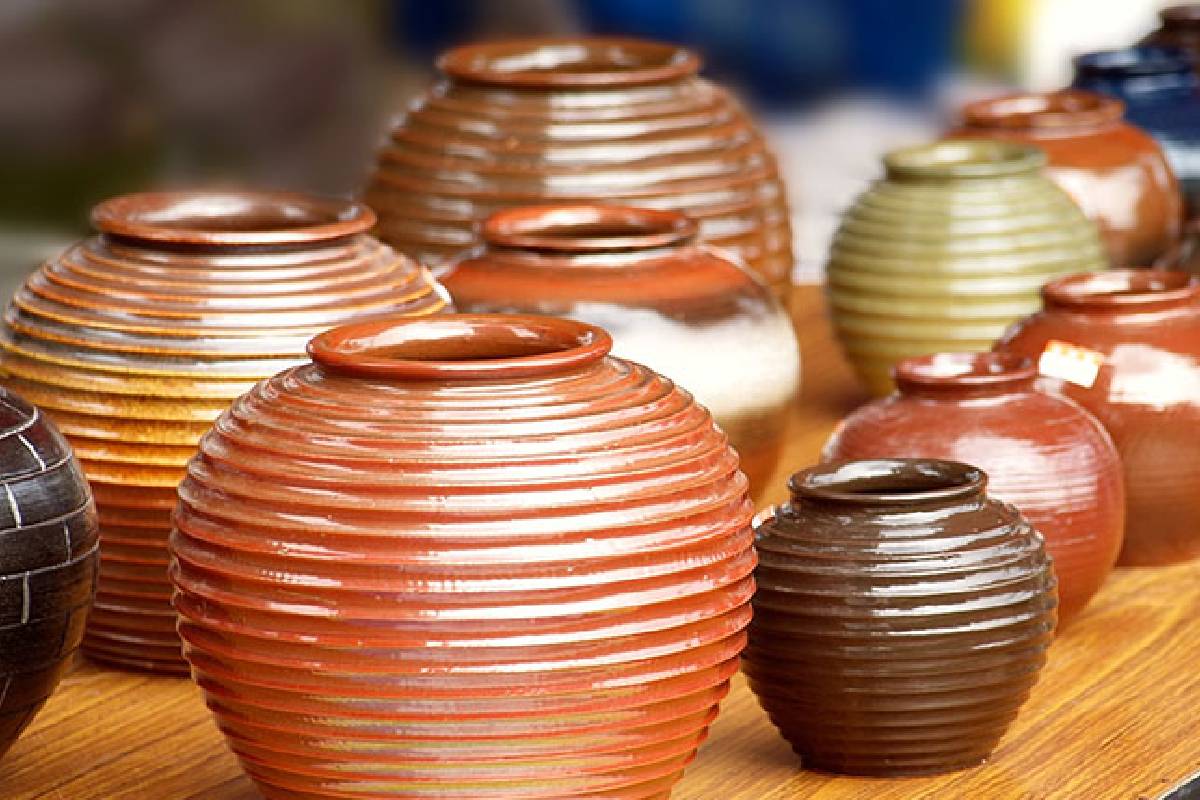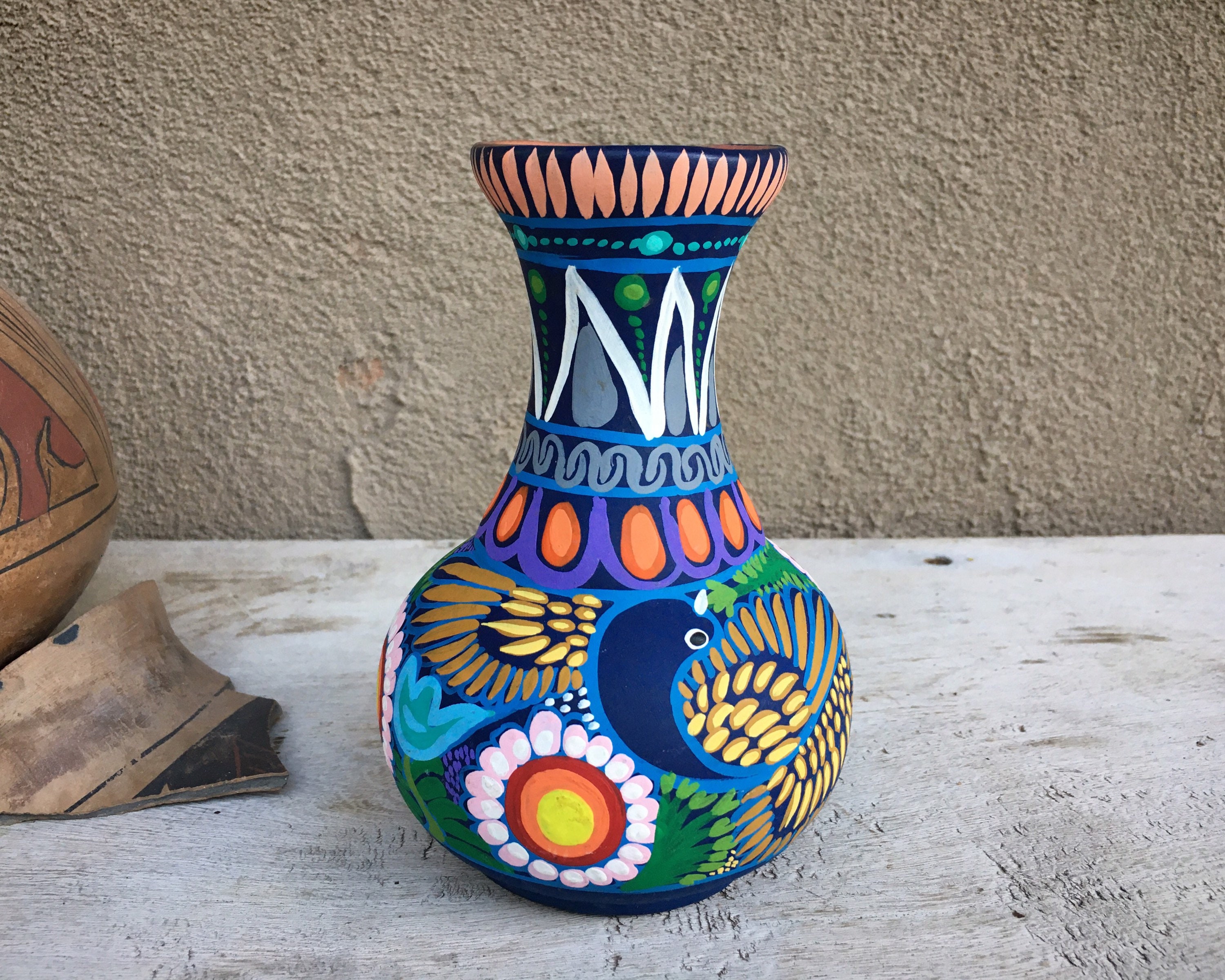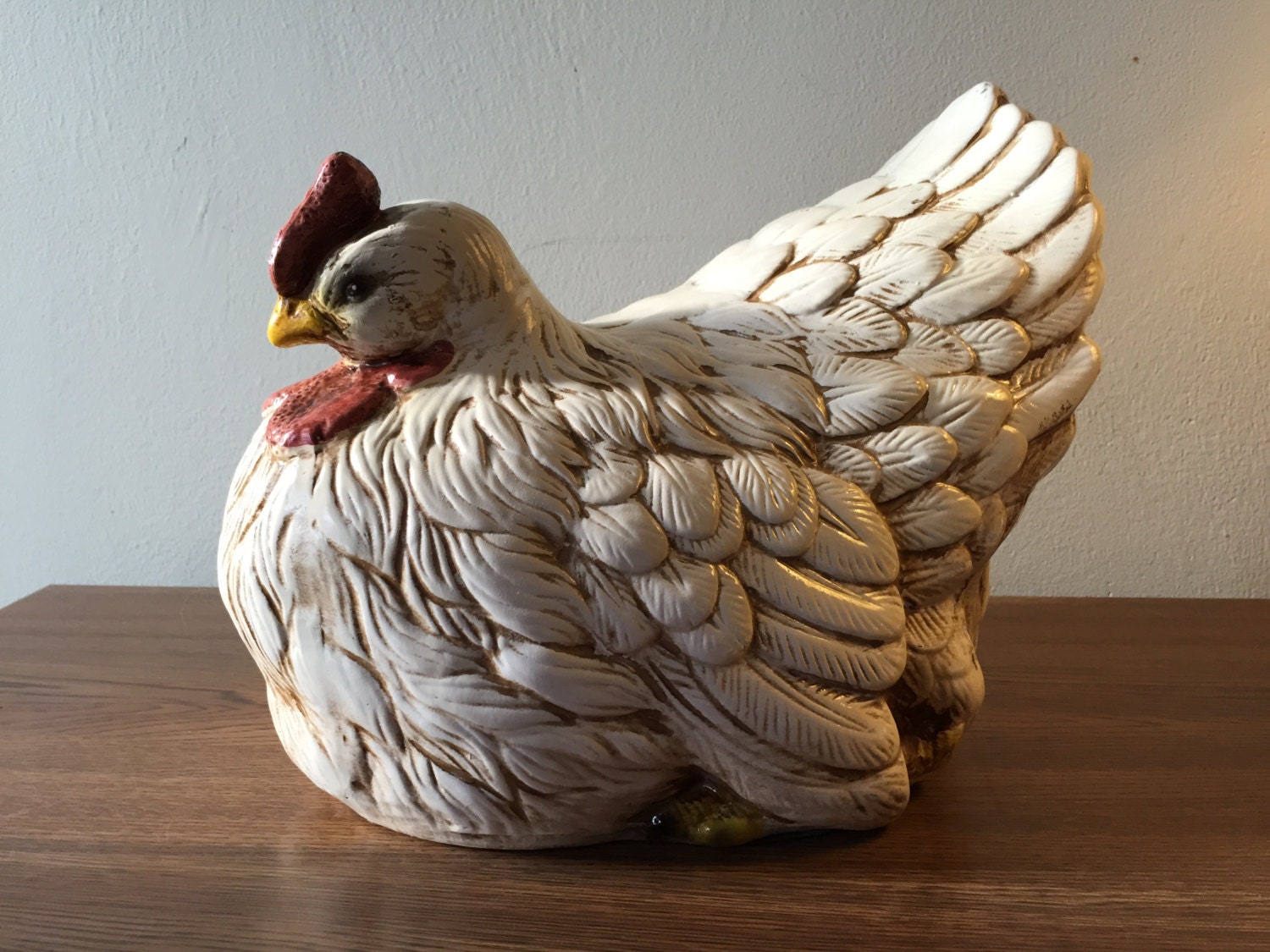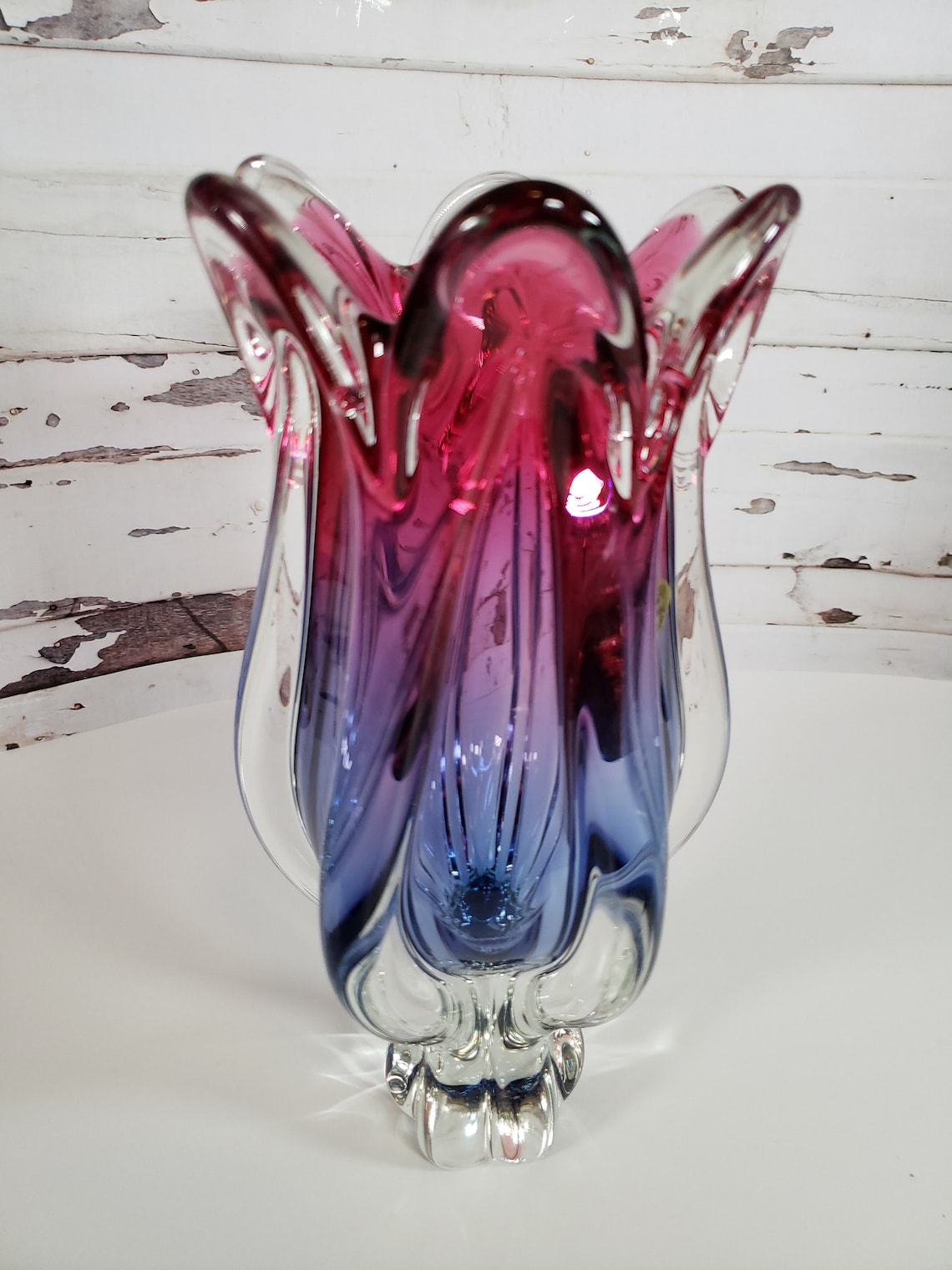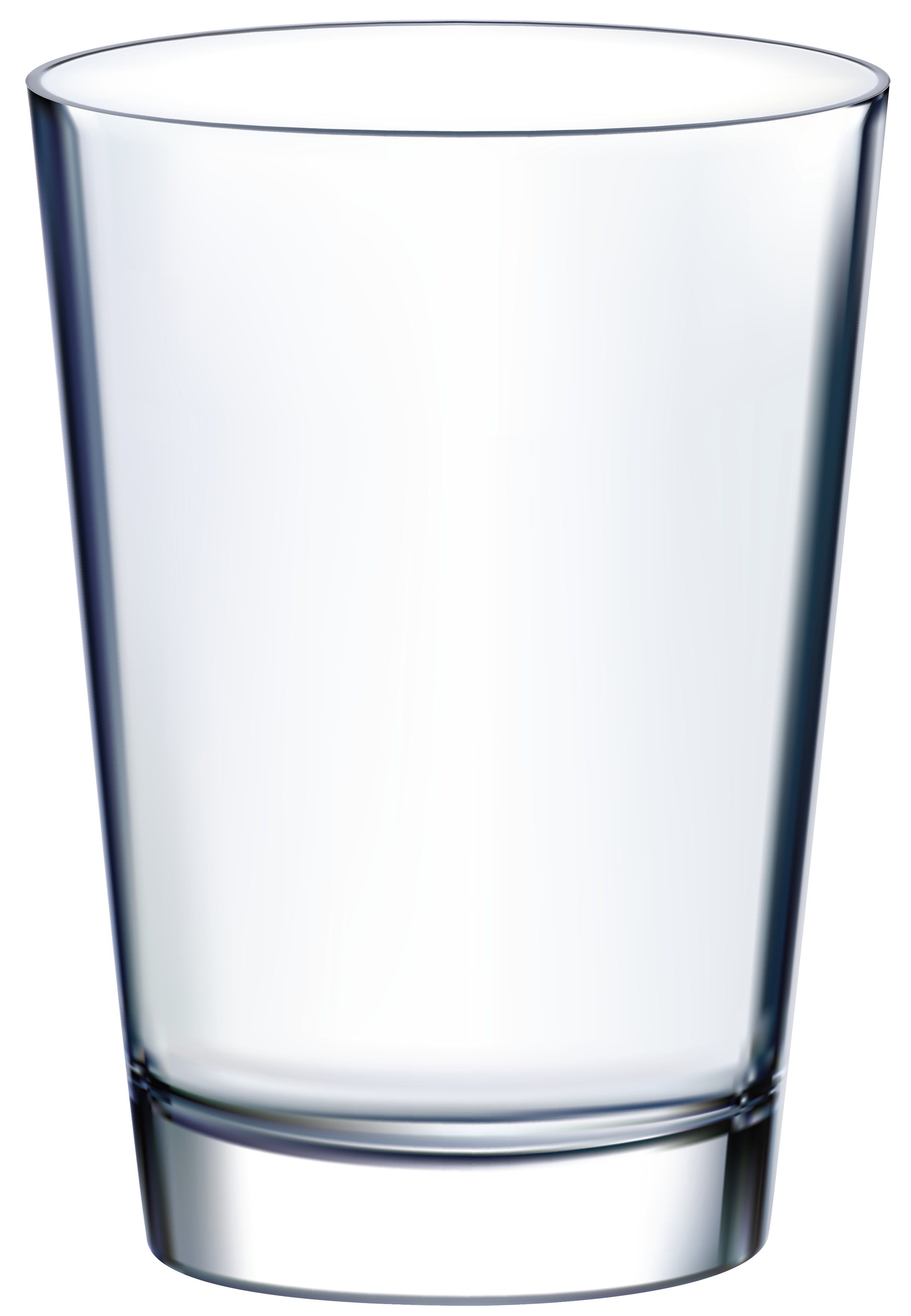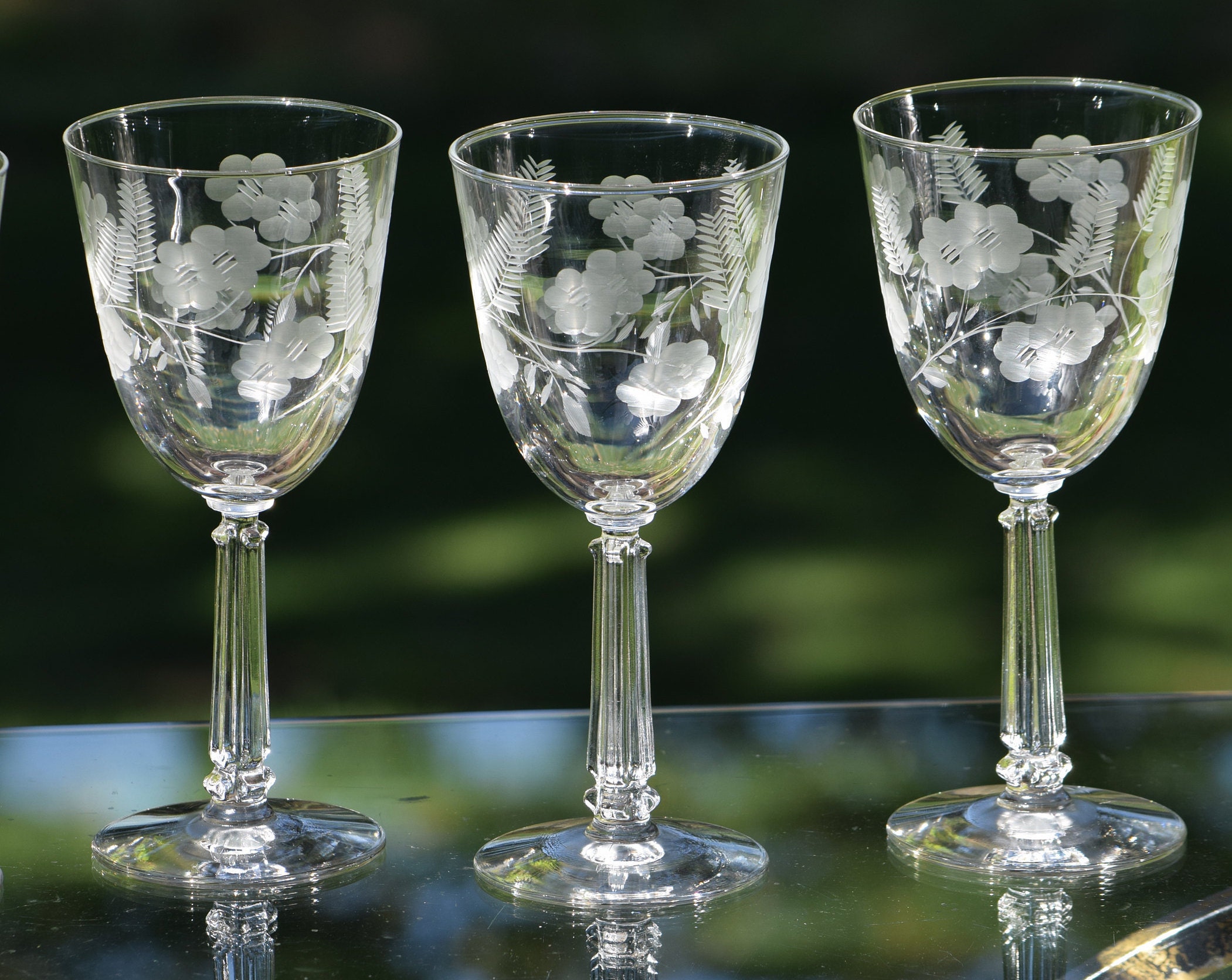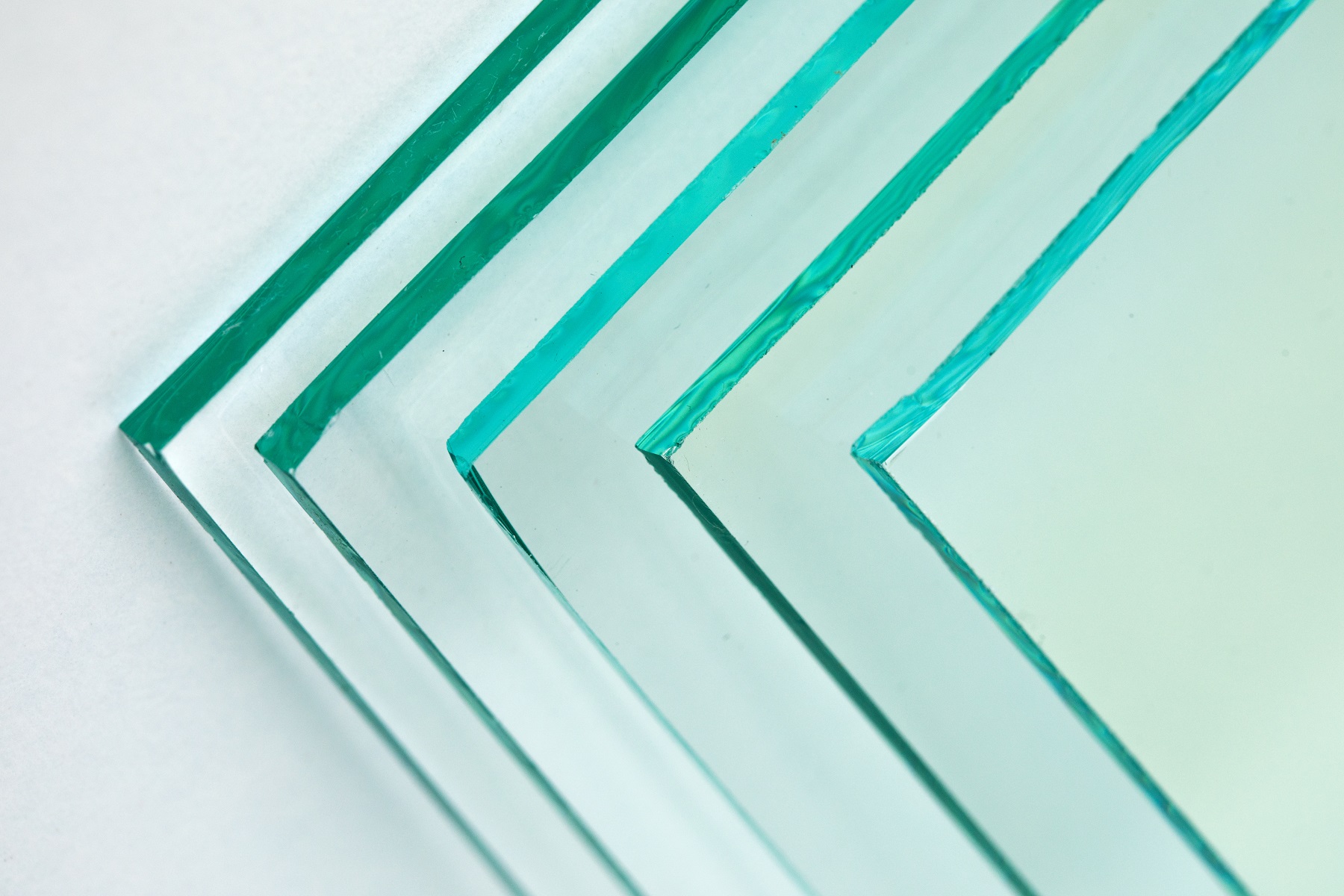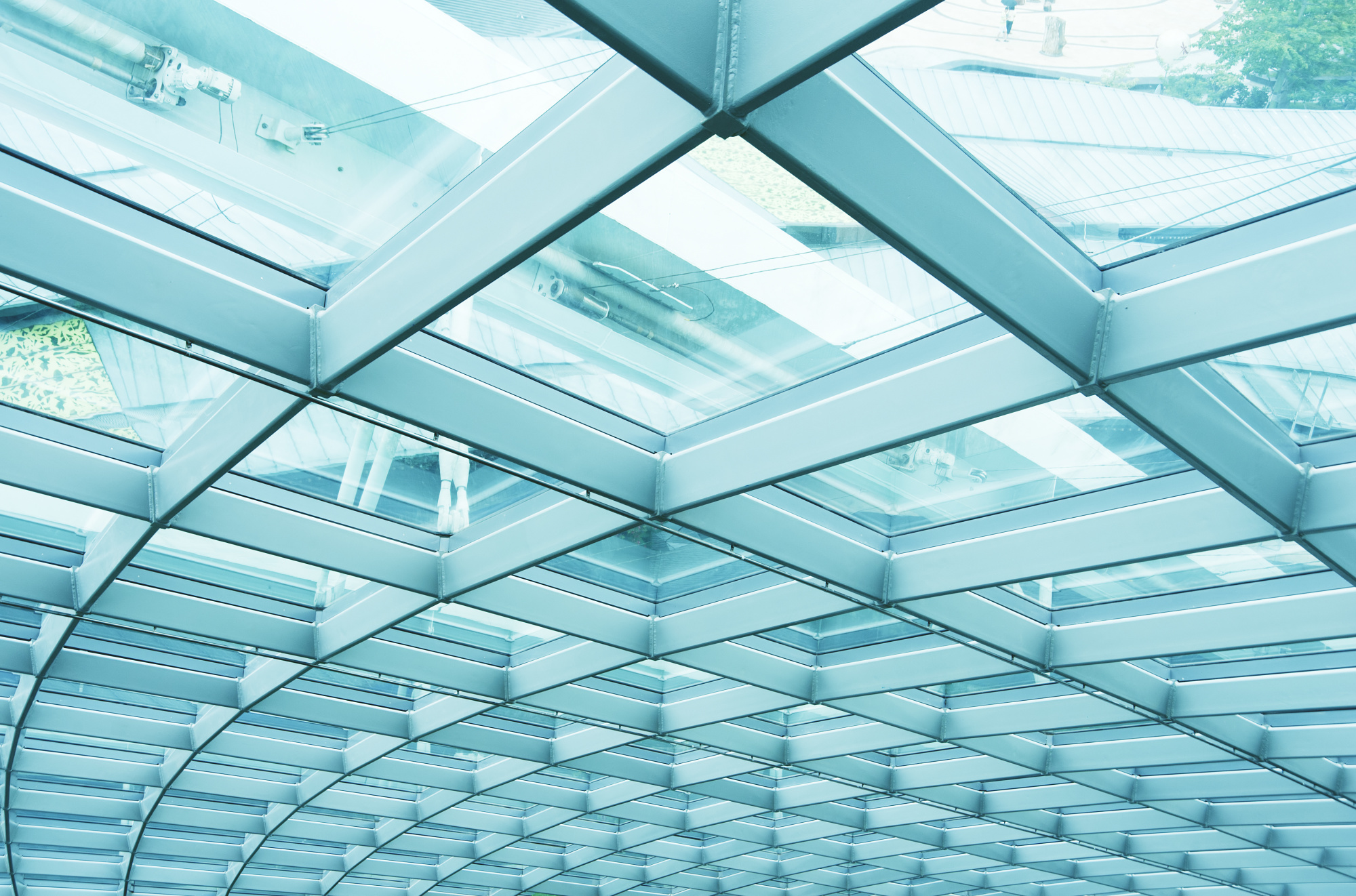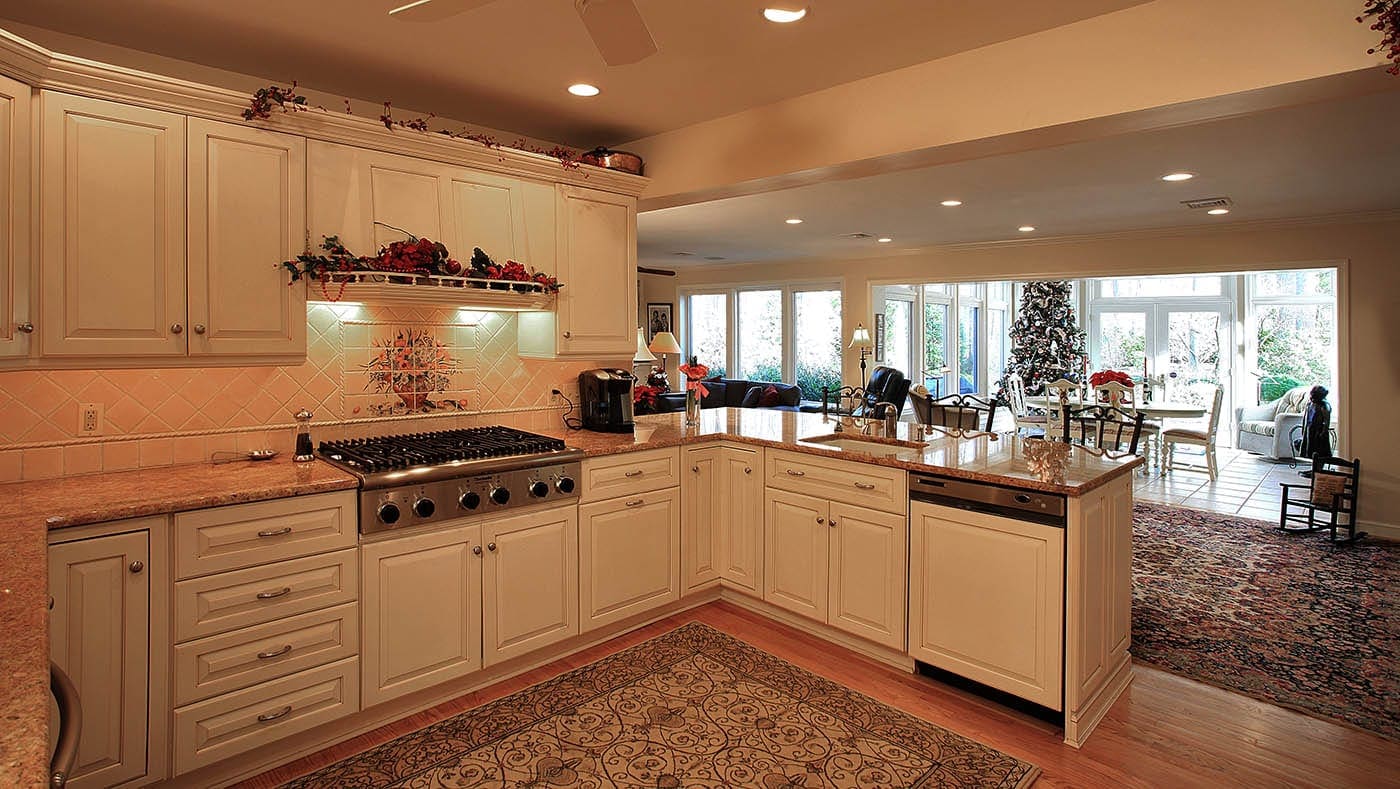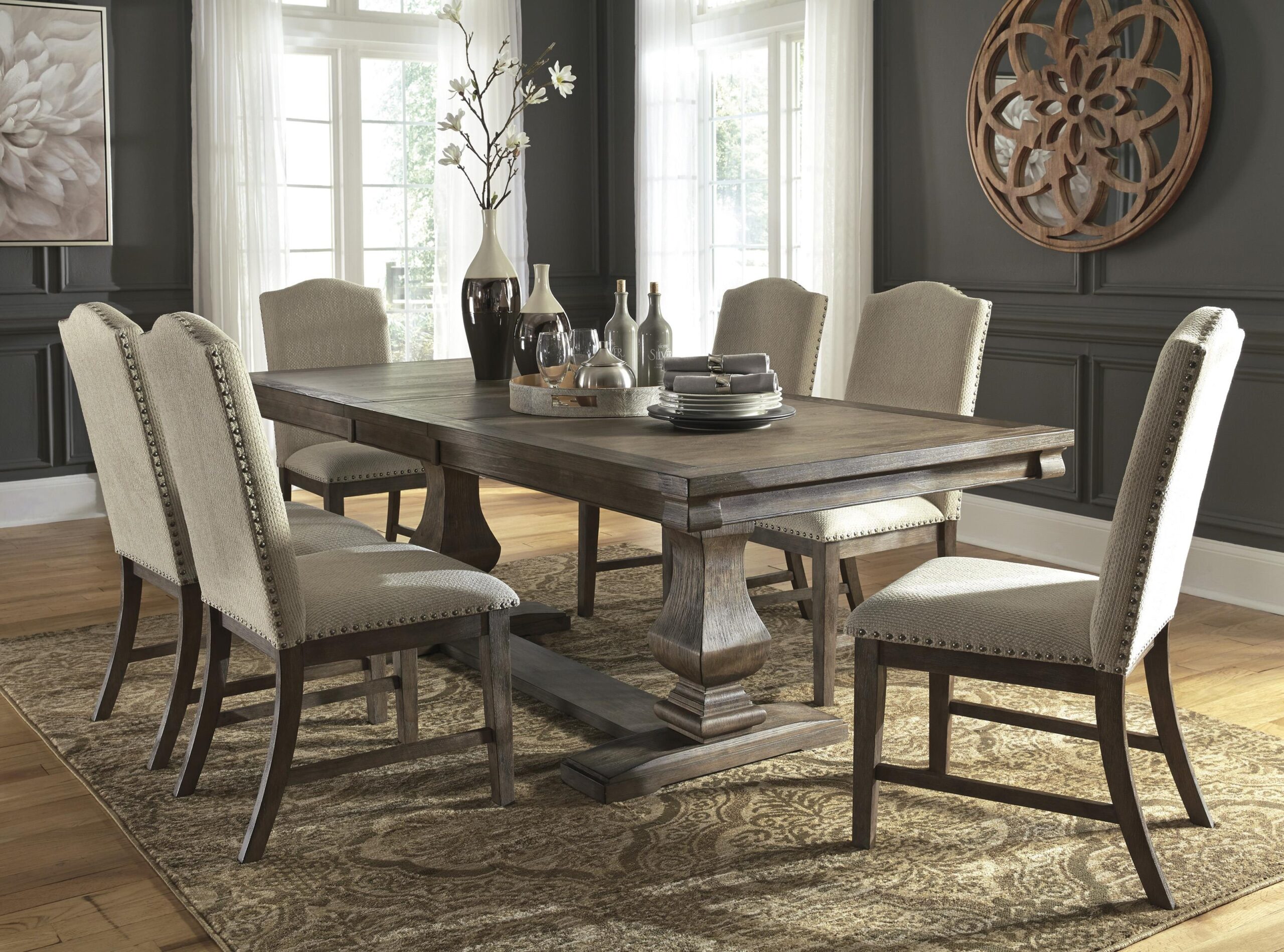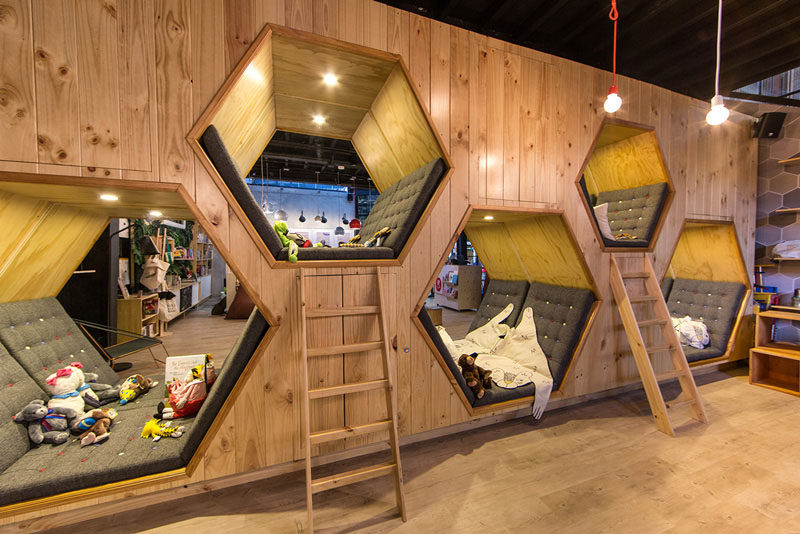Stainless steel is one of the most popular materials used for commercial kitchen wall surfaces. Its durability, resistance to corrosion, and easy maintenance make it a top choice for busy restaurant kitchens. The sleek and modern appearance of stainless steel also adds to its appeal, making it a favorite among chefs and restaurant owners alike.Stainless Steel
Tile is another commonly used material for commercial kitchen walls. It comes in a variety of styles, colors, and patterns, allowing for endless design possibilities. Not only is tile aesthetically pleasing, but it is also durable and easy to clean, making it a practical choice for busy restaurant kitchens. However, it is important to choose a tile that is specifically designed for commercial use to ensure it can withstand the high demands of a commercial kitchen.Tile
FRP, or fiberglass reinforced plastic, is a cost-effective option for commercial kitchen wall surfaces. It is lightweight, durable, and resistant to moisture, making it a suitable choice for areas that are prone to spills and splashes. FRP is also easy to install and maintain, making it a popular choice for commercial kitchen renovations.FRP (Fiberglass Reinforced Plastic)
Acrylic is a versatile material that is commonly used for commercial kitchen walls. It is lightweight, durable, and easy to clean, making it a practical choice for busy restaurant kitchens. Acrylic is also available in a variety of colors, allowing for customization and creativity in kitchen design.Acrylic
Plastic laminate is a budget-friendly option for commercial kitchen walls. It offers a wide range of colors, patterns, and textures, allowing for versatile design options. Plastic laminate is also resistant to stains and easy to clean, making it a popular choice for restaurant kitchens.Plastic Laminate
Brick is a timeless and classic choice for commercial kitchen walls. Its rustic and textured appearance adds character and warmth to a kitchen space. Brick is also durable and heat-resistant, making it suitable for high-temperature cooking environments.Brick
Stone is a luxurious and durable option for commercial kitchen walls. It is available in a variety of natural colors, patterns, and textures, adding a touch of elegance to any kitchen design. However, stone can be a more costly option and may require professional installation.Stone
Concrete is a durable and low-maintenance choice for commercial kitchen walls. It is resistant to heat, moisture, and stains, making it suitable for high-traffic kitchen areas. Concrete can also be customized with different colors, textures, and finishes, allowing for unique and modern design options.Concrete
Ceramic is a popular choice for commercial kitchen walls due to its durability and resistance to heat and moisture. It is also available in a variety of colors and patterns, making it a versatile choice for restaurant kitchens. However, ceramic can be prone to chipping and cracking, so it is important to choose a high-quality and properly installed ceramic tile.Ceramic
Glass is a sleek and modern choice for commercial kitchen walls. It reflects light, making the space appear brighter and more spacious. Glass is also easy to clean and maintain, making it a practical choice for busy restaurant kitchens. However, it is important to choose tempered or safety glass for kitchen use to ensure durability and safety.Glass
Additional Materials for Commercial Kitchen Walls
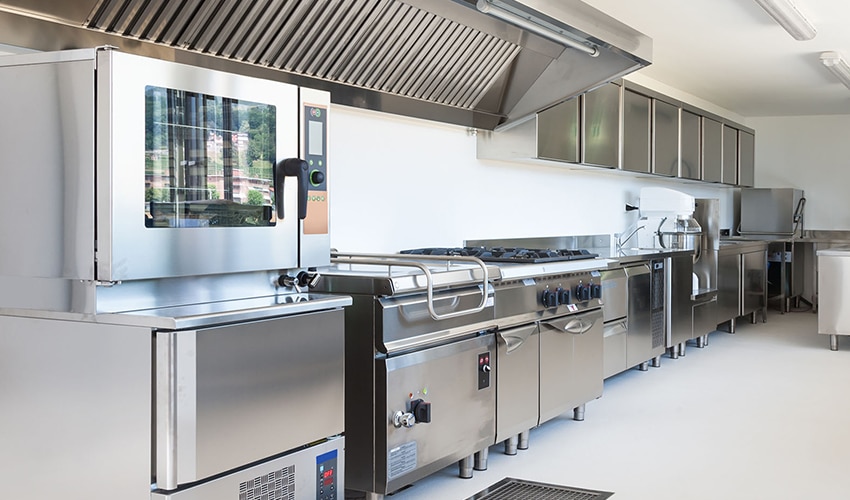
1. Stainless Steel
 One of the most popular and durable materials used for commercial kitchen walls is
stainless steel
. This material is known for its resistance to corrosion, moisture, and bacteria, making it a hygienic choice for kitchen walls. It is also easy to clean and maintain, making it ideal for busy commercial kitchens that require frequent cleaning. Additionally,
stainless steel
has a sleek and modern look that adds a professional touch to any commercial kitchen.
One of the most popular and durable materials used for commercial kitchen walls is
stainless steel
. This material is known for its resistance to corrosion, moisture, and bacteria, making it a hygienic choice for kitchen walls. It is also easy to clean and maintain, making it ideal for busy commercial kitchens that require frequent cleaning. Additionally,
stainless steel
has a sleek and modern look that adds a professional touch to any commercial kitchen.
2. Ceramic Tiles
 Ceramic tiles are another common option for commercial kitchen walls. They are heat-resistant, waterproof, and easy to clean, making them suitable for high-temperature and high-moisture environments.
Ceramic tiles
are also available in a variety of colors, patterns, and sizes, allowing for customizable designs. However, it is important to note that grout lines between tiles can be a breeding ground for bacteria, so proper maintenance and cleaning are essential.
Ceramic tiles are another common option for commercial kitchen walls. They are heat-resistant, waterproof, and easy to clean, making them suitable for high-temperature and high-moisture environments.
Ceramic tiles
are also available in a variety of colors, patterns, and sizes, allowing for customizable designs. However, it is important to note that grout lines between tiles can be a breeding ground for bacteria, so proper maintenance and cleaning are essential.
3. Fiberglass Reinforced Panels (FRP)
 Fiberglass reinforced panels, also known as FRP, are a popular material for commercial kitchen walls due to their durability and ease of installation. They are made of a combination of fiberglass and plastic, making them resistant to moisture, chemicals, and scratches.
FRP
is also mold and mildew resistant, making it a hygienic option for commercial kitchen walls. Additionally, these panels come in a variety of colors and patterns, allowing for a customizable design.
Fiberglass reinforced panels, also known as FRP, are a popular material for commercial kitchen walls due to their durability and ease of installation. They are made of a combination of fiberglass and plastic, making them resistant to moisture, chemicals, and scratches.
FRP
is also mold and mildew resistant, making it a hygienic option for commercial kitchen walls. Additionally, these panels come in a variety of colors and patterns, allowing for a customizable design.
4. PVC Wall Panels
 PVC wall panels are a cost-effective and low-maintenance option for commercial kitchen walls. They are made of lightweight plastic and are easy to install, making them a popular choice for DIY projects.
PVC wall panels
are also resistant to moisture, mold, and mildew, making them suitable for high-moisture environments. They are available in a variety of colors and patterns, allowing for creative and customizable designs.
In conclusion, when choosing materials for commercial kitchen walls, it is important to consider durability, maintenance, and hygiene.
Stainless steel, ceramic tiles, FRP, and PVC wall panels
are all excellent options that offer different benefits and features. Ultimately, the best material will depend on the specific needs and requirements of the commercial kitchen.
PVC wall panels are a cost-effective and low-maintenance option for commercial kitchen walls. They are made of lightweight plastic and are easy to install, making them a popular choice for DIY projects.
PVC wall panels
are also resistant to moisture, mold, and mildew, making them suitable for high-moisture environments. They are available in a variety of colors and patterns, allowing for creative and customizable designs.
In conclusion, when choosing materials for commercial kitchen walls, it is important to consider durability, maintenance, and hygiene.
Stainless steel, ceramic tiles, FRP, and PVC wall panels
are all excellent options that offer different benefits and features. Ultimately, the best material will depend on the specific needs and requirements of the commercial kitchen.





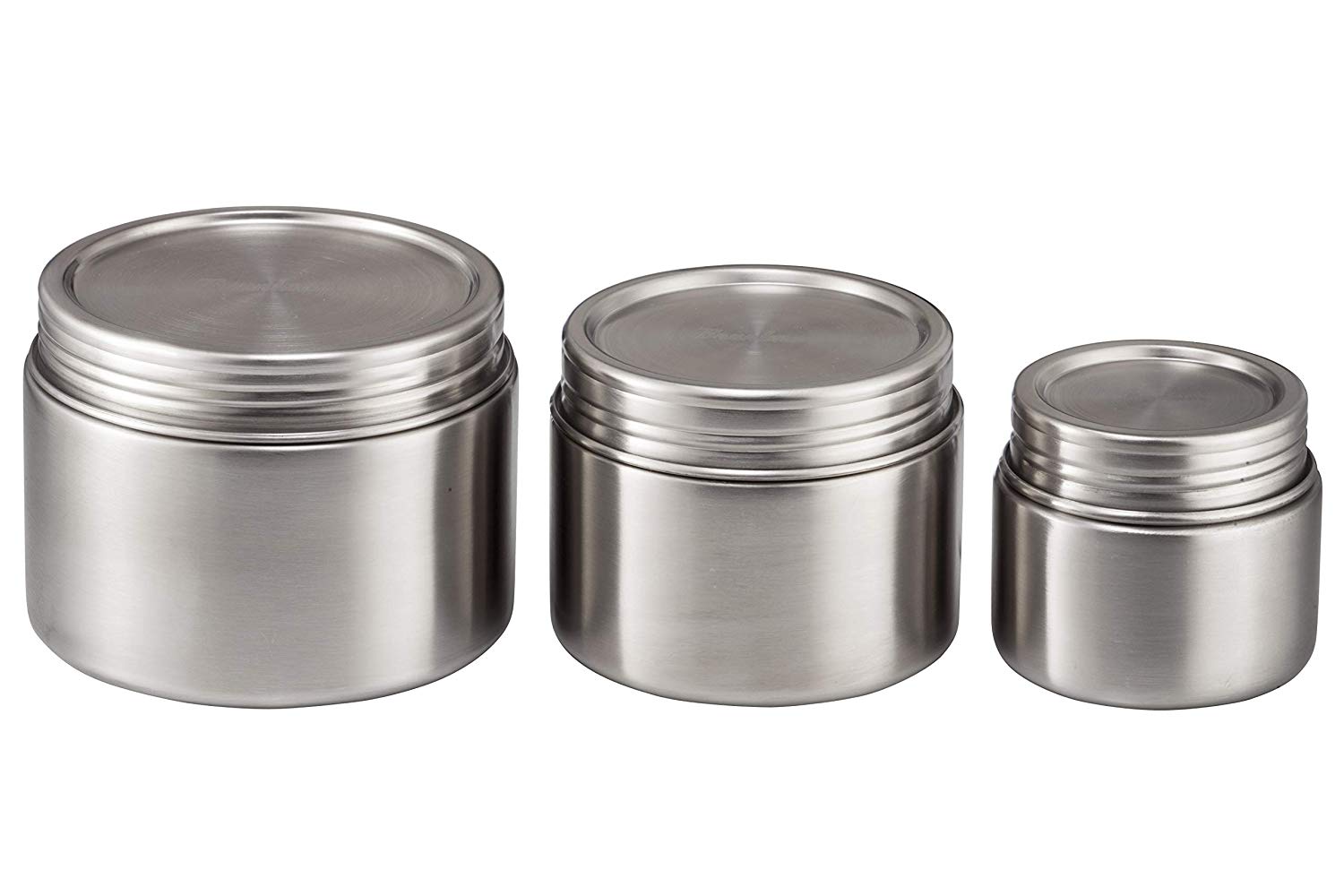


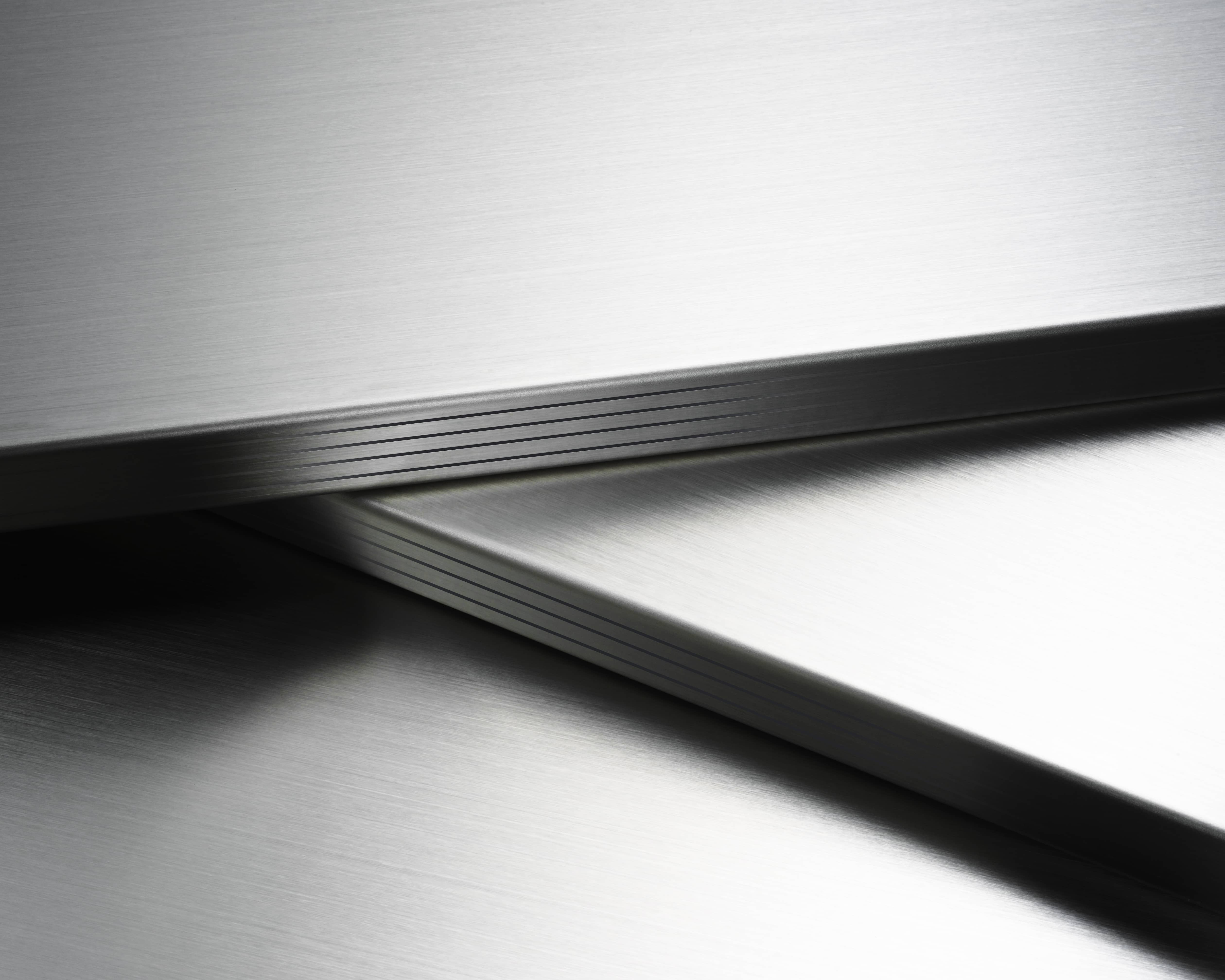
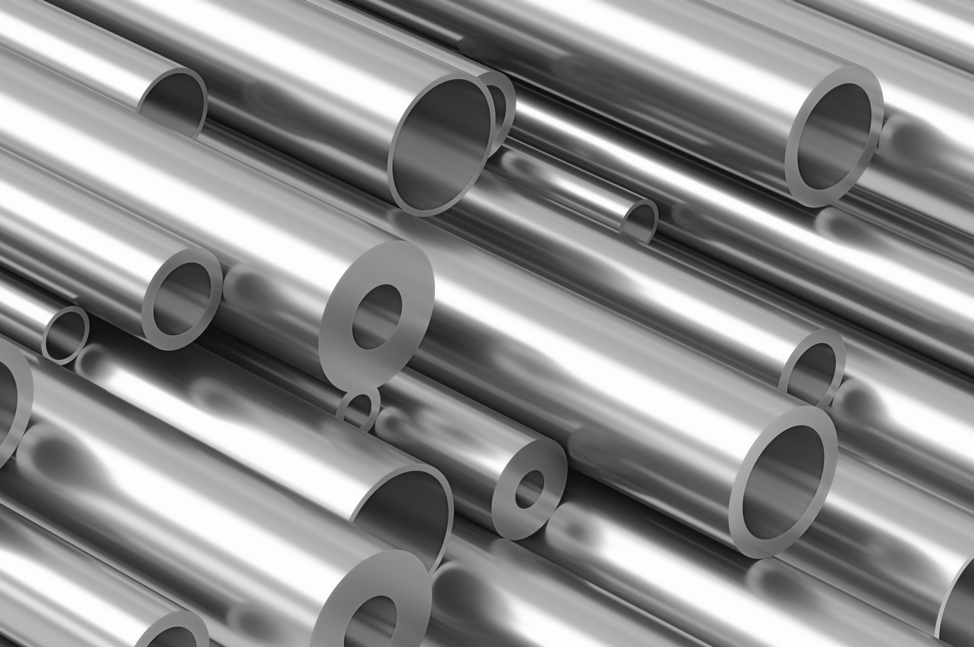

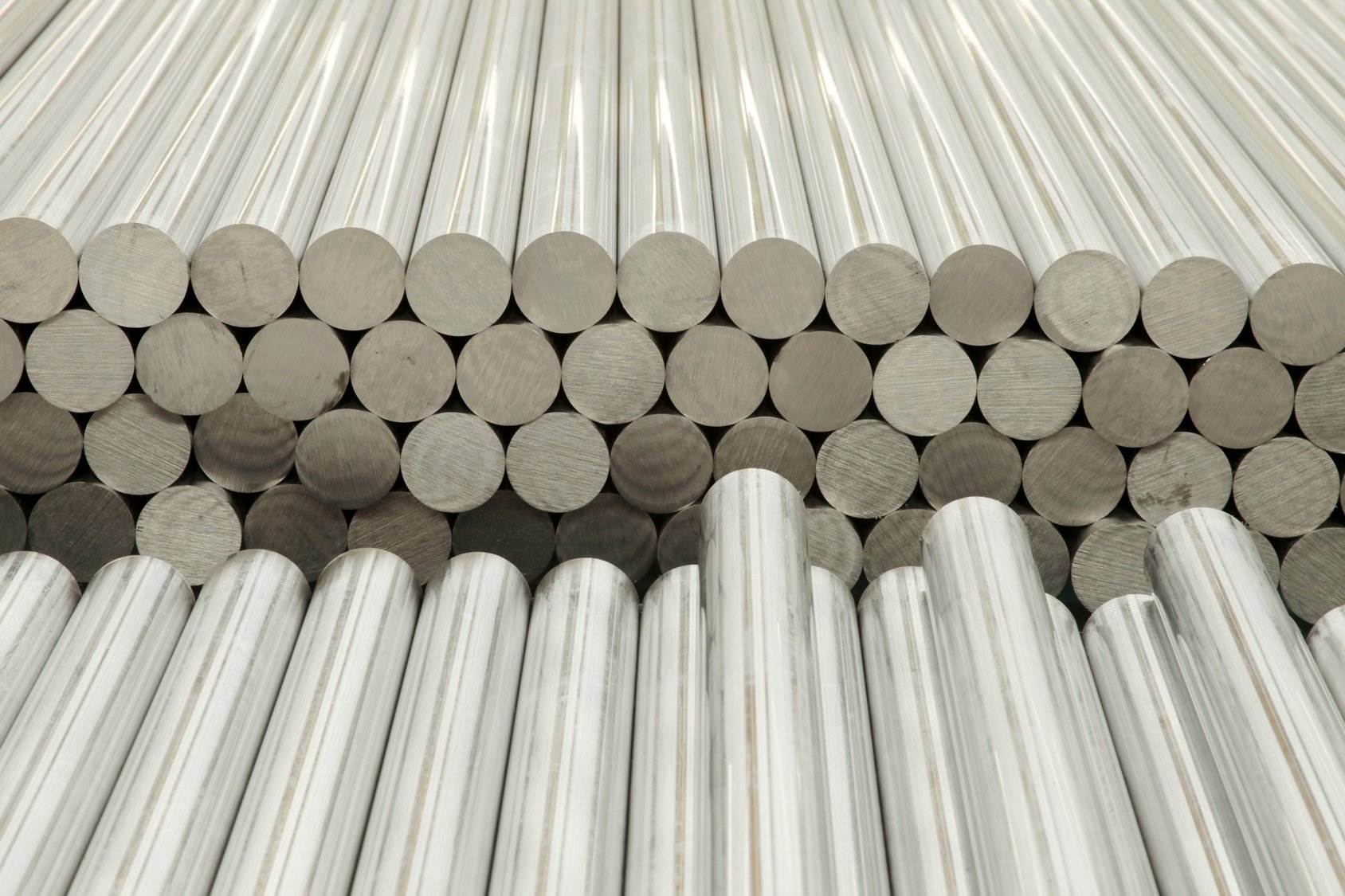






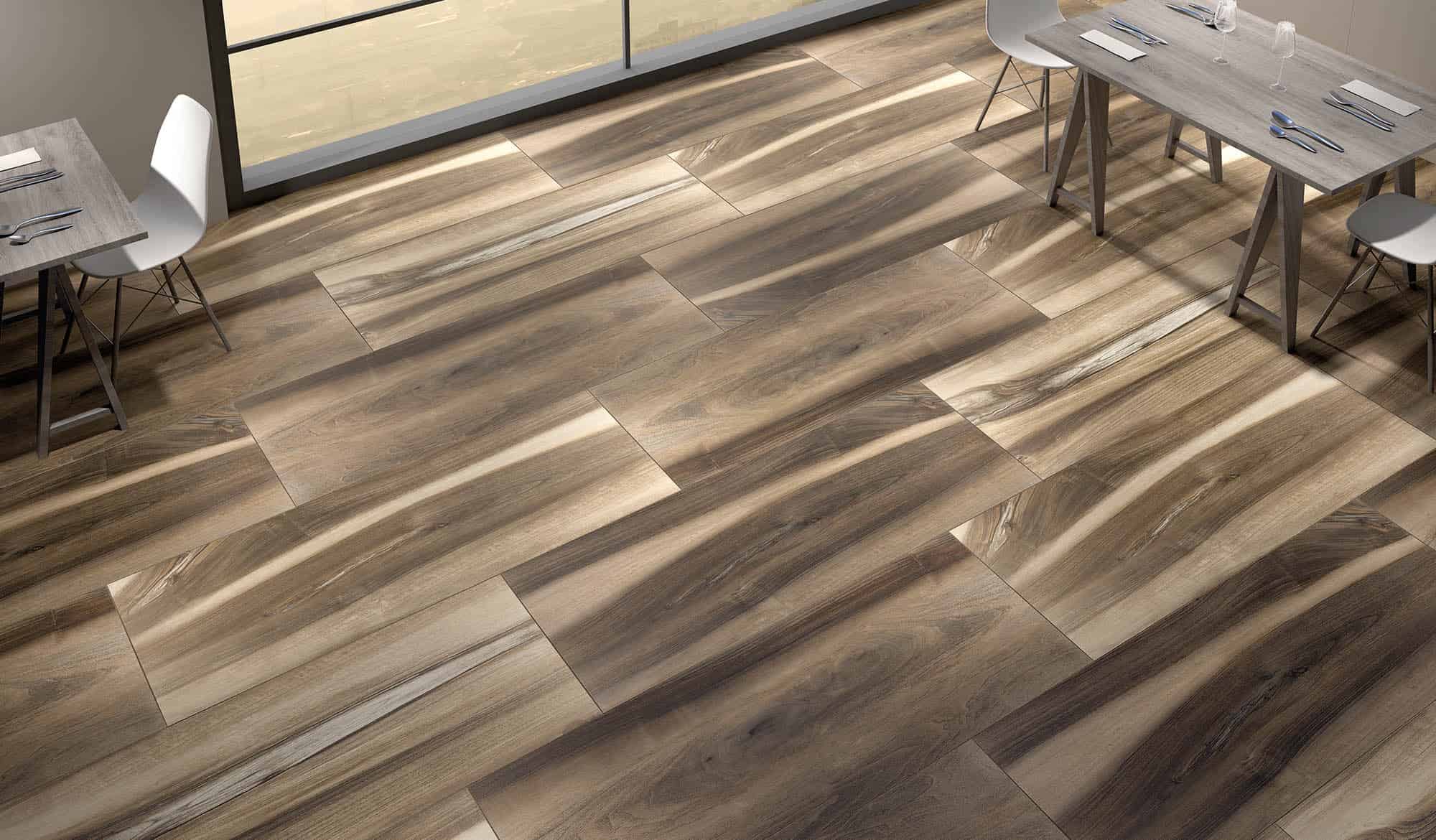


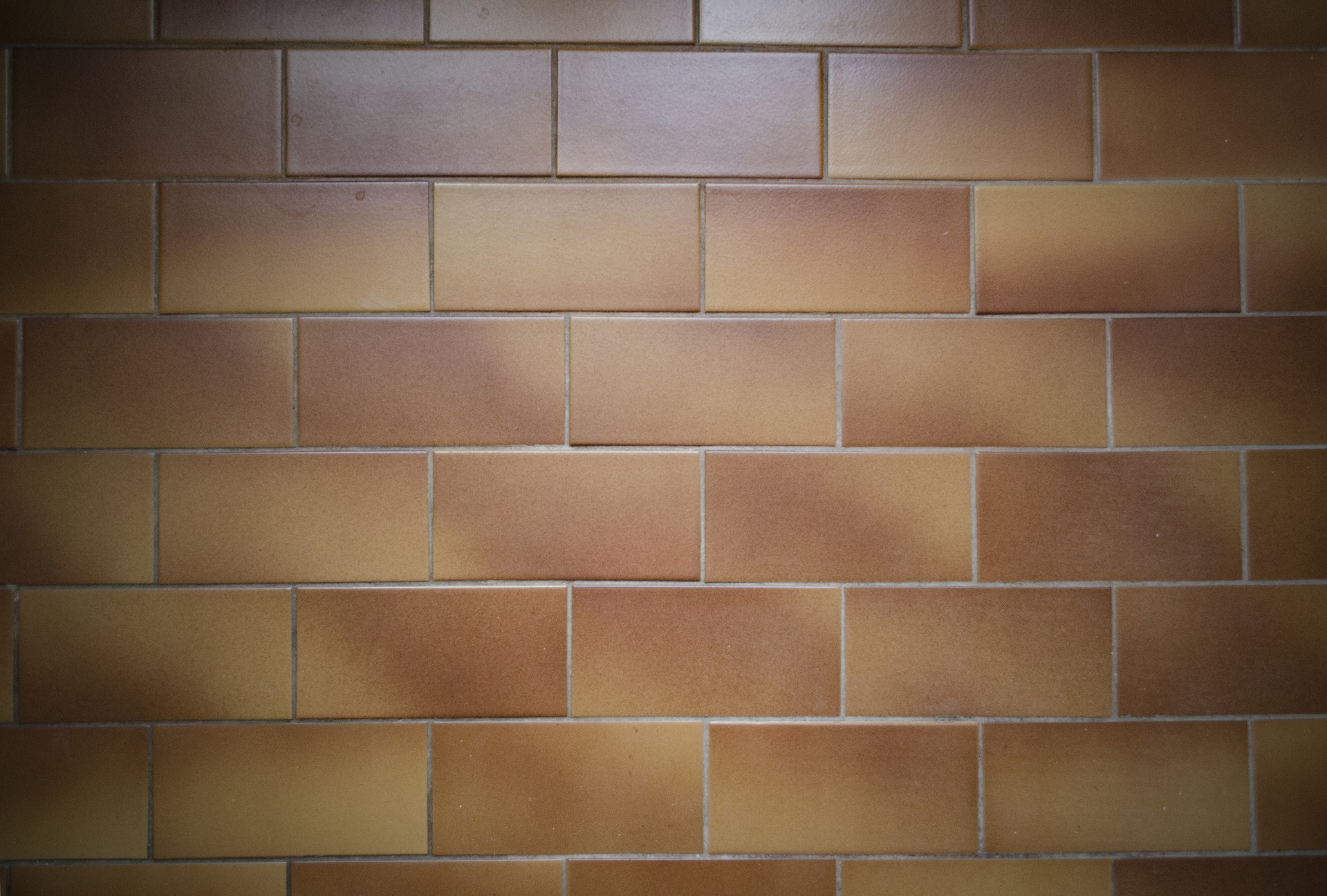
:max_bytes(150000):strip_icc()/quarry-tiles-139678125-5a983146fa6bcc00376b7b8b.jpg)
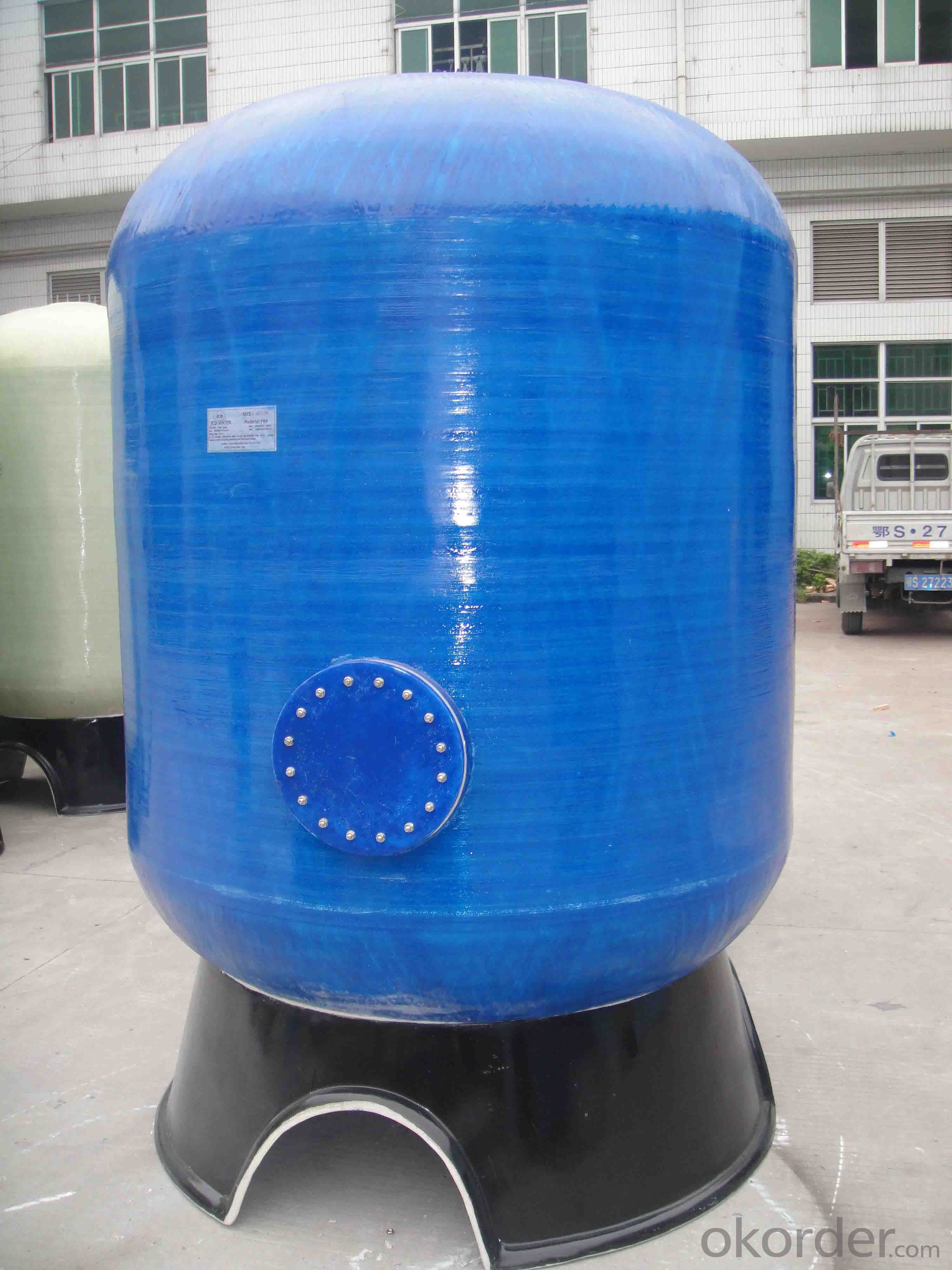


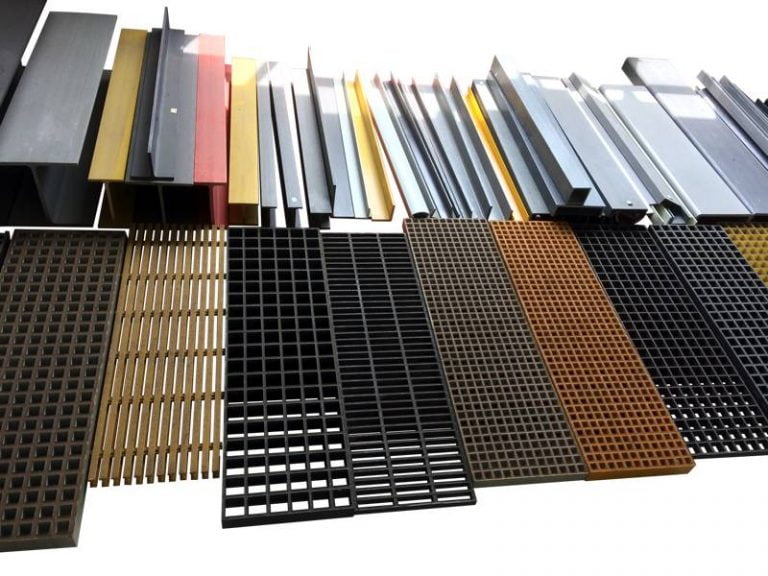
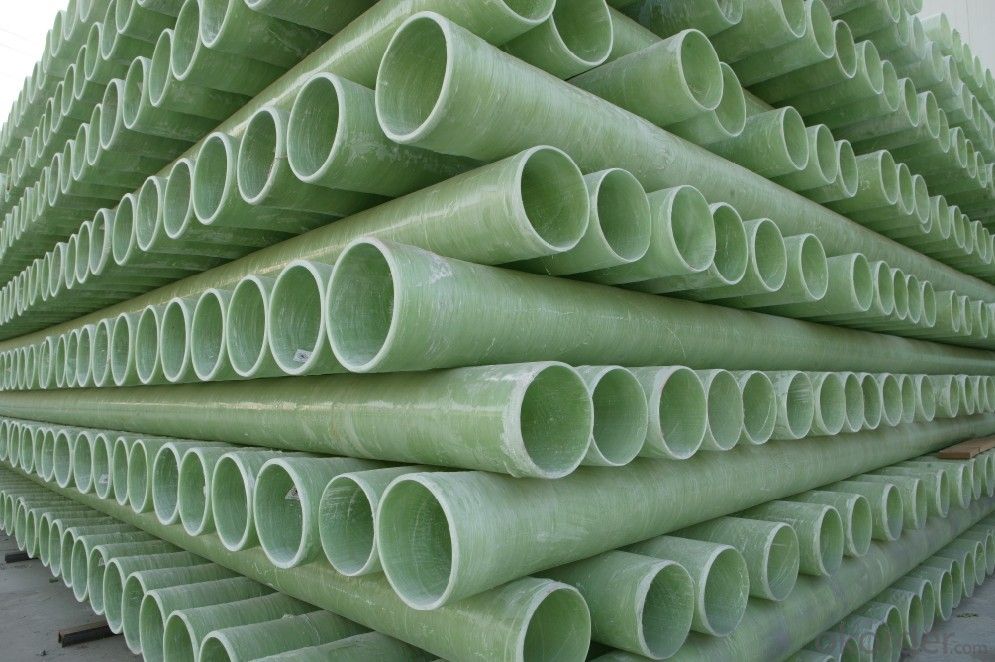
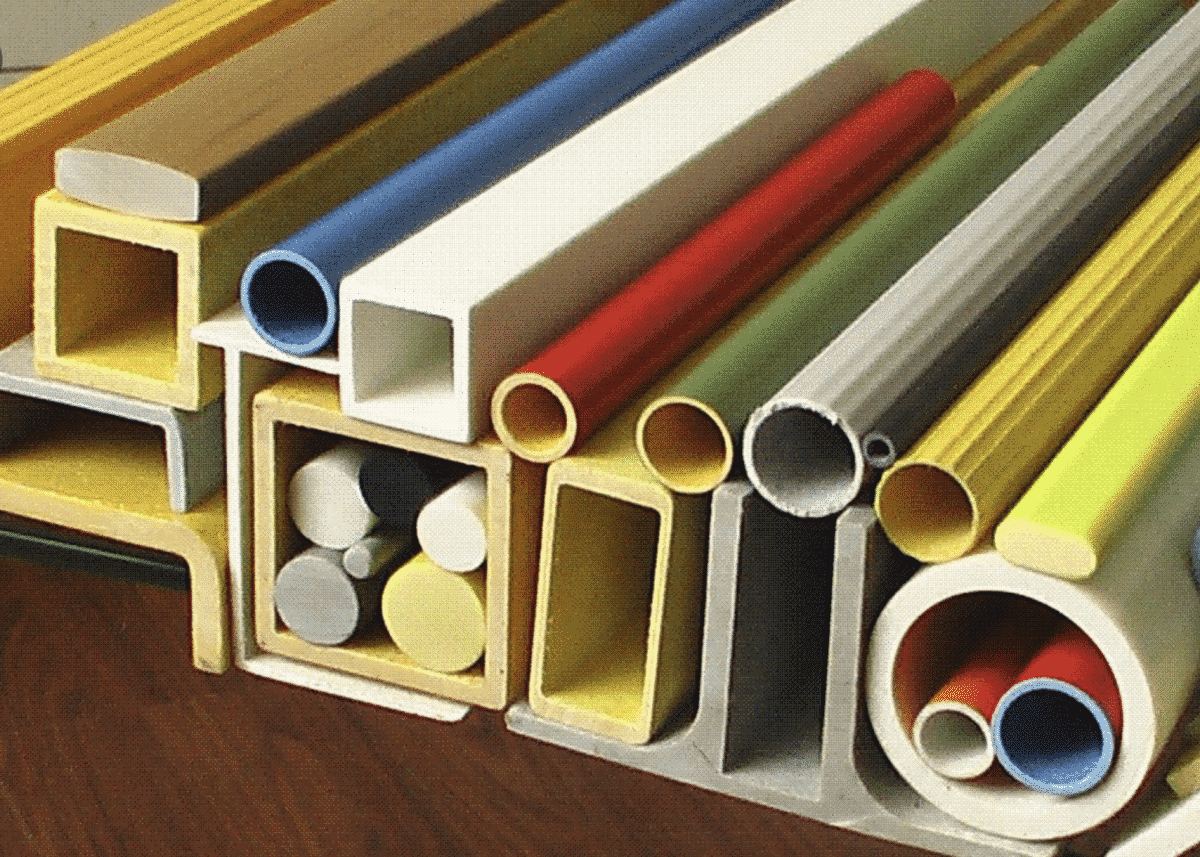
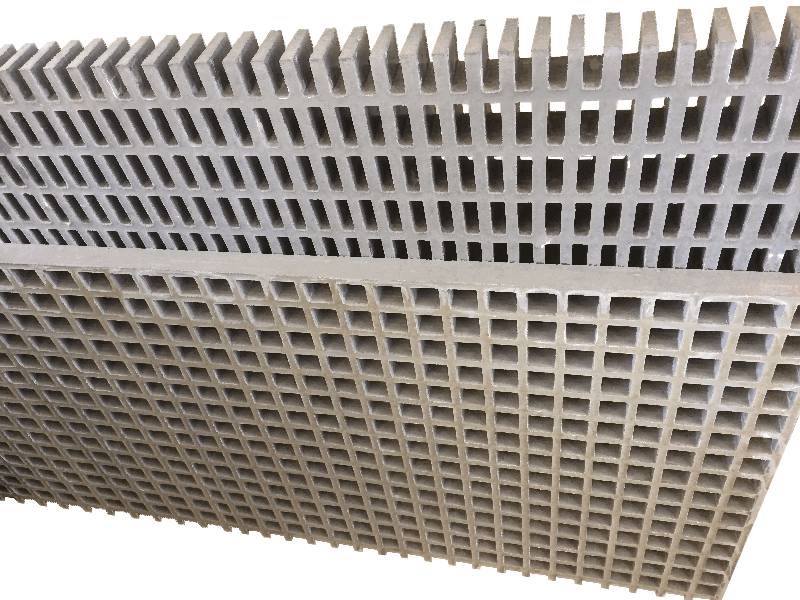

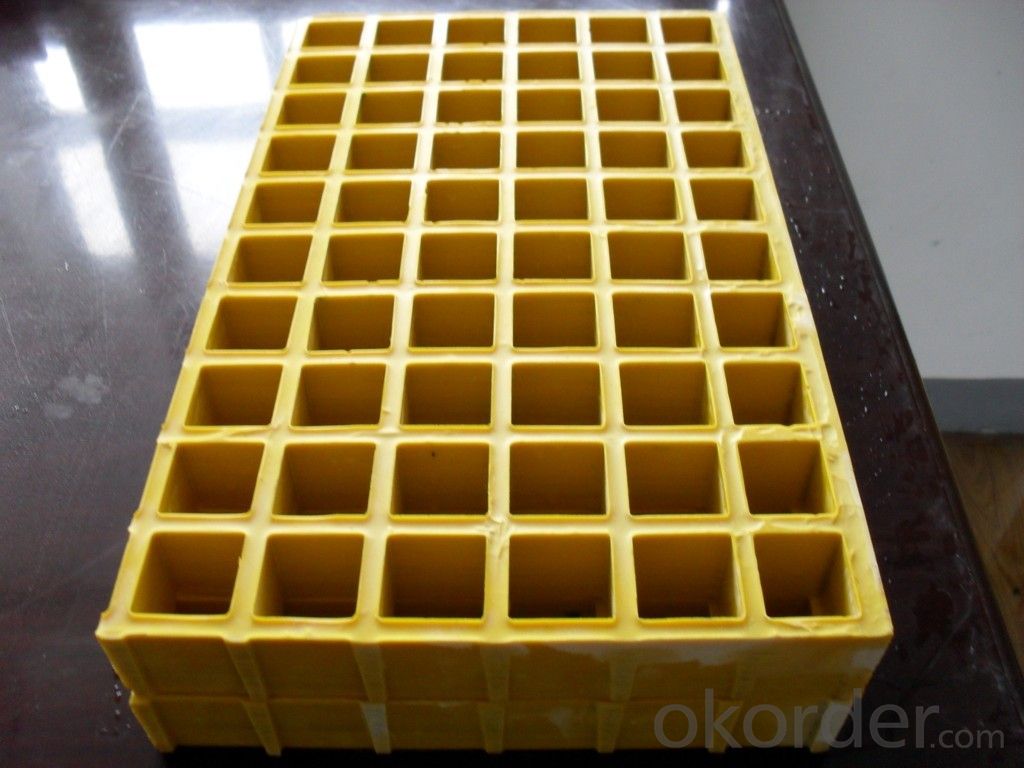

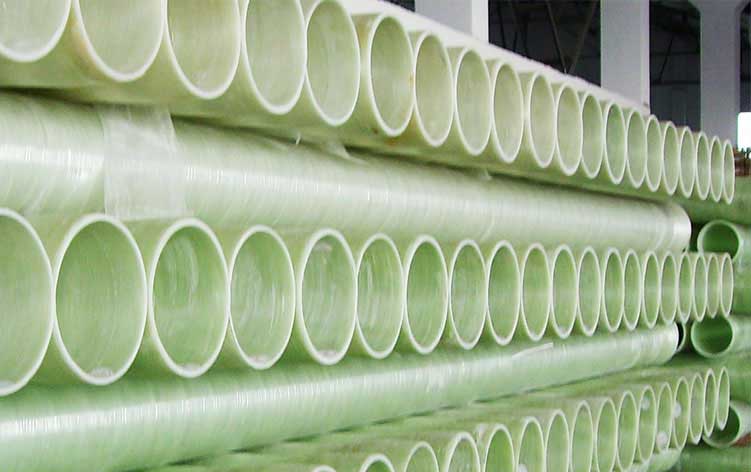



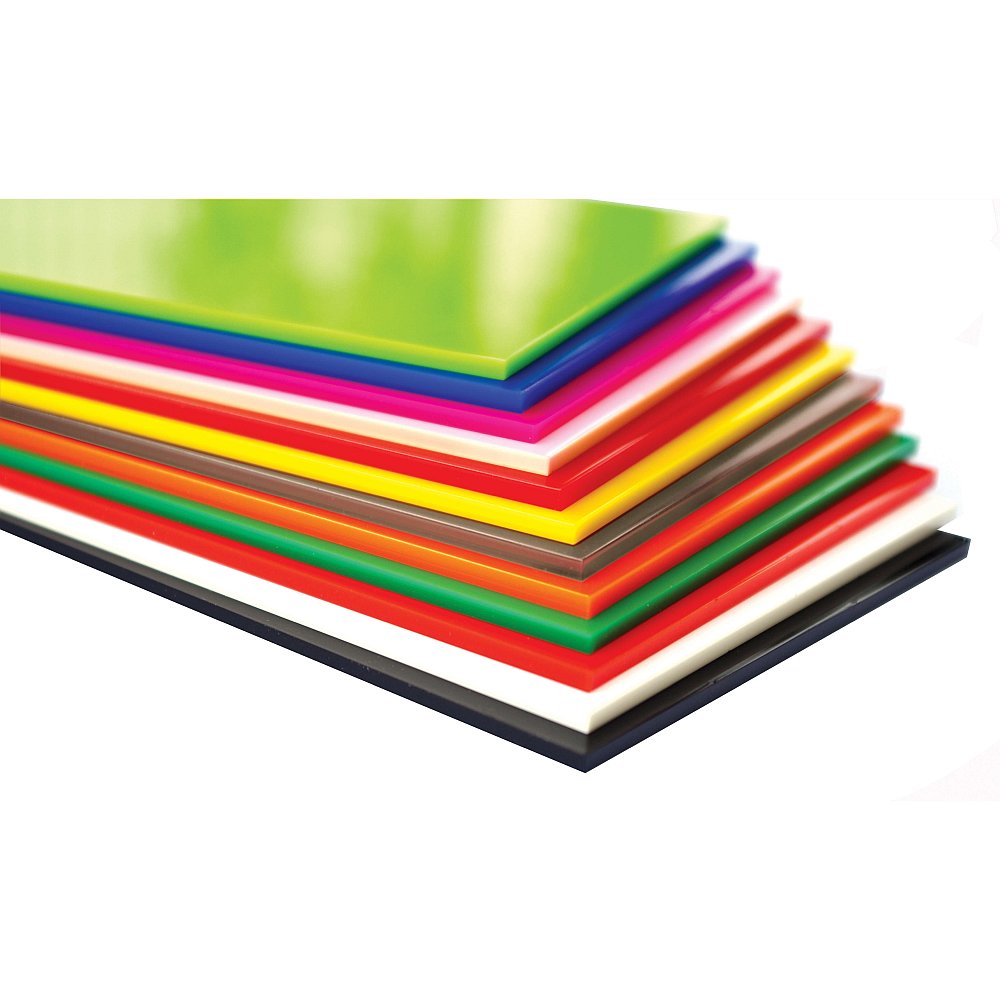
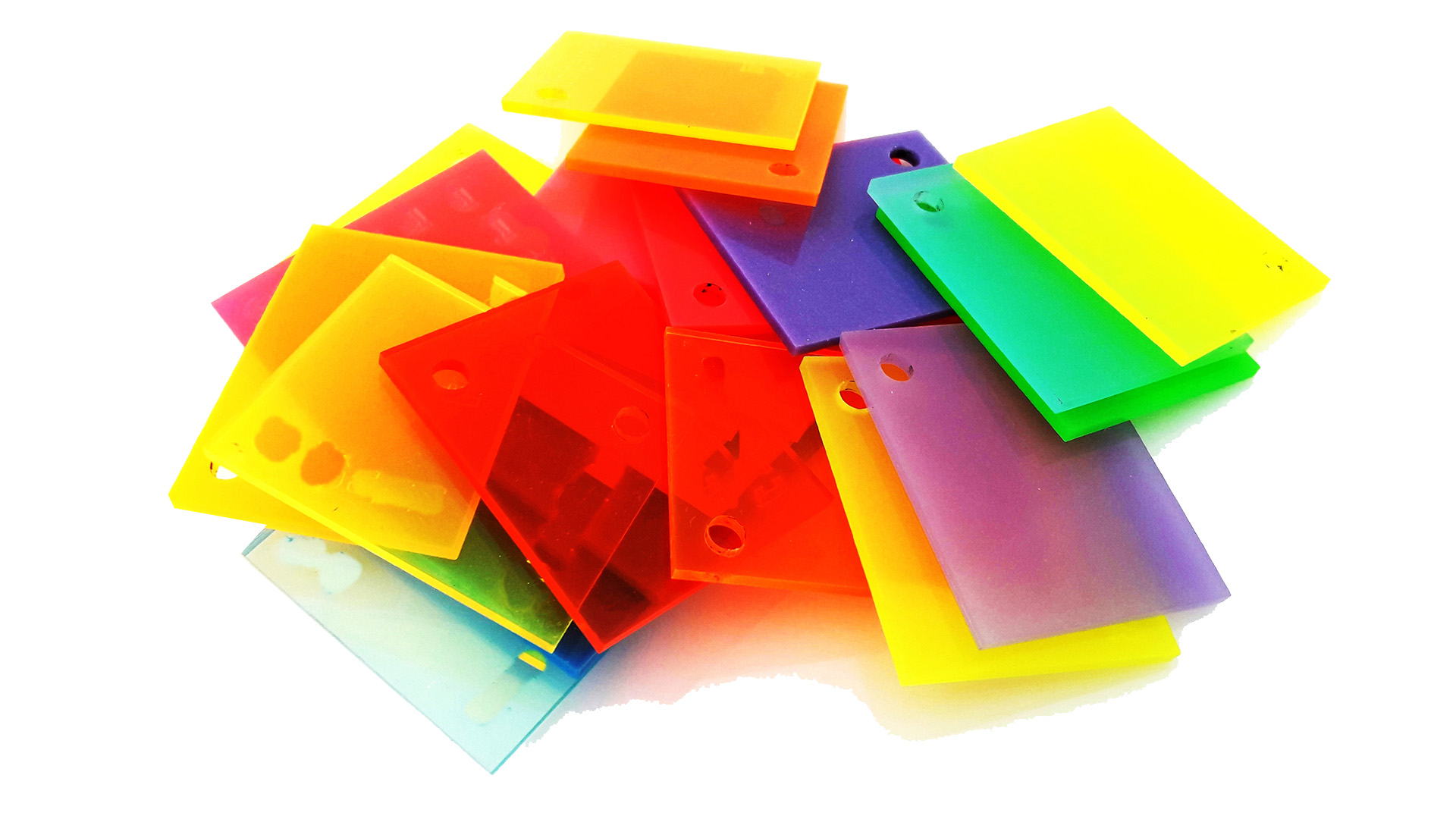
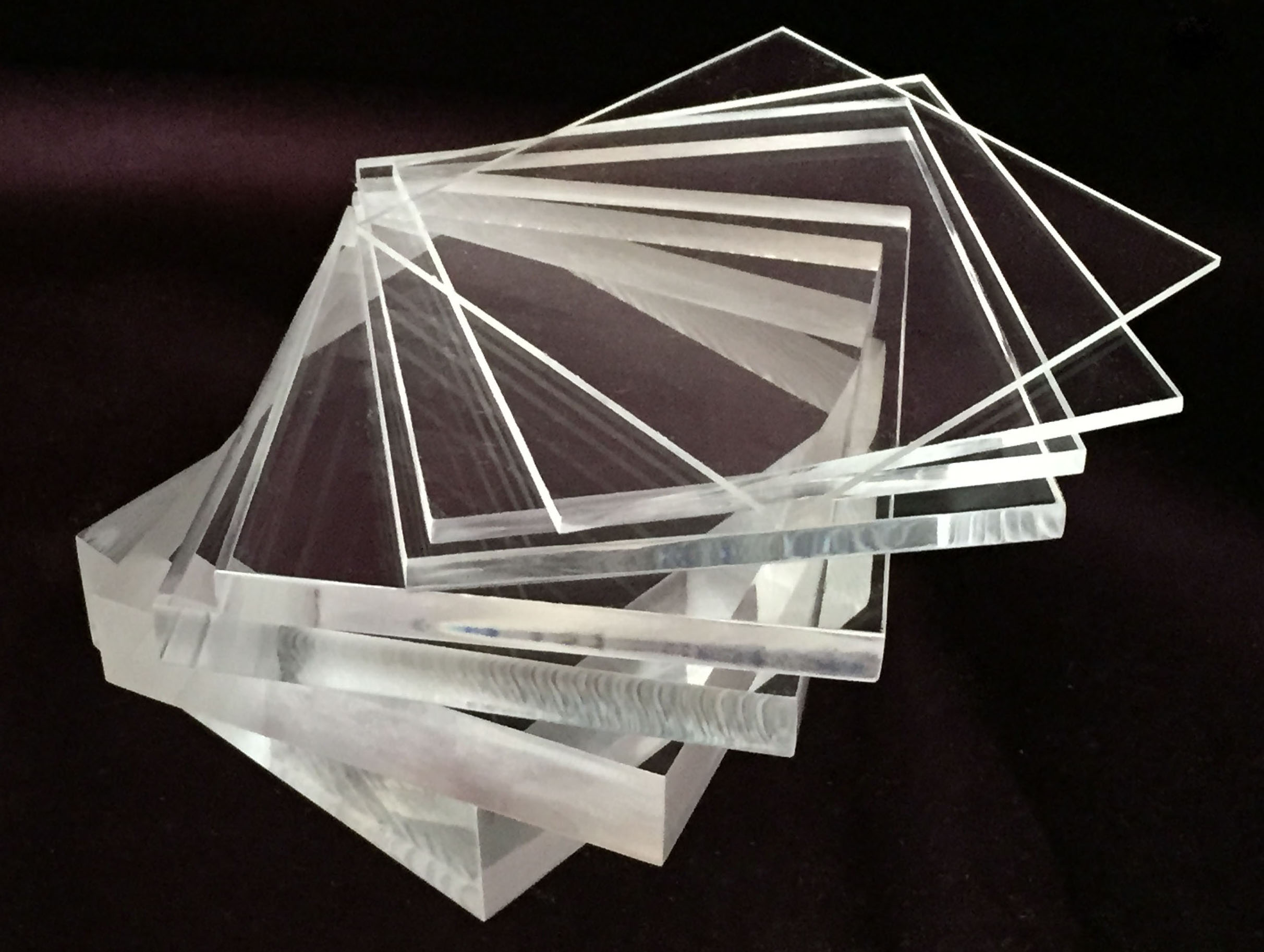
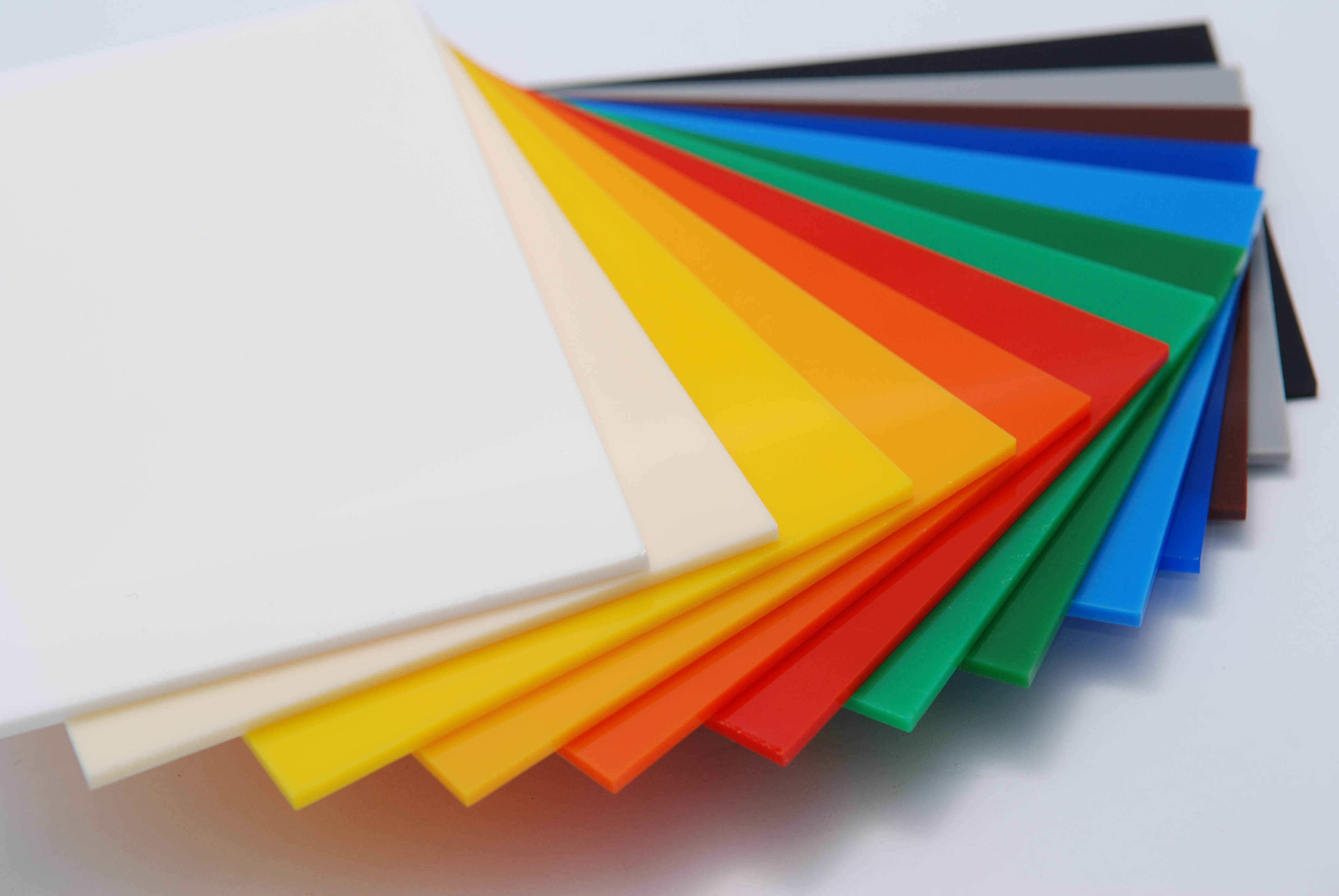
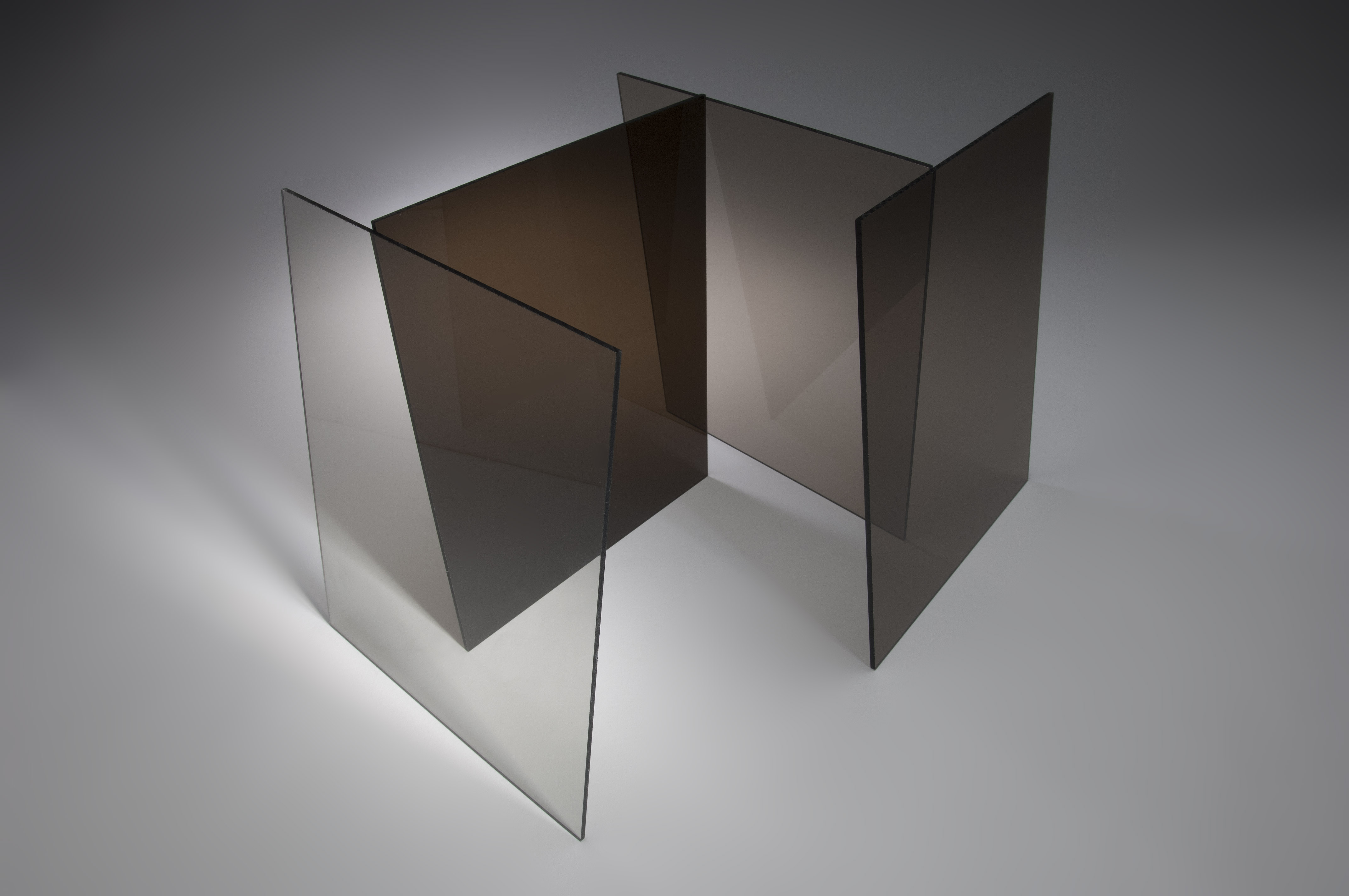
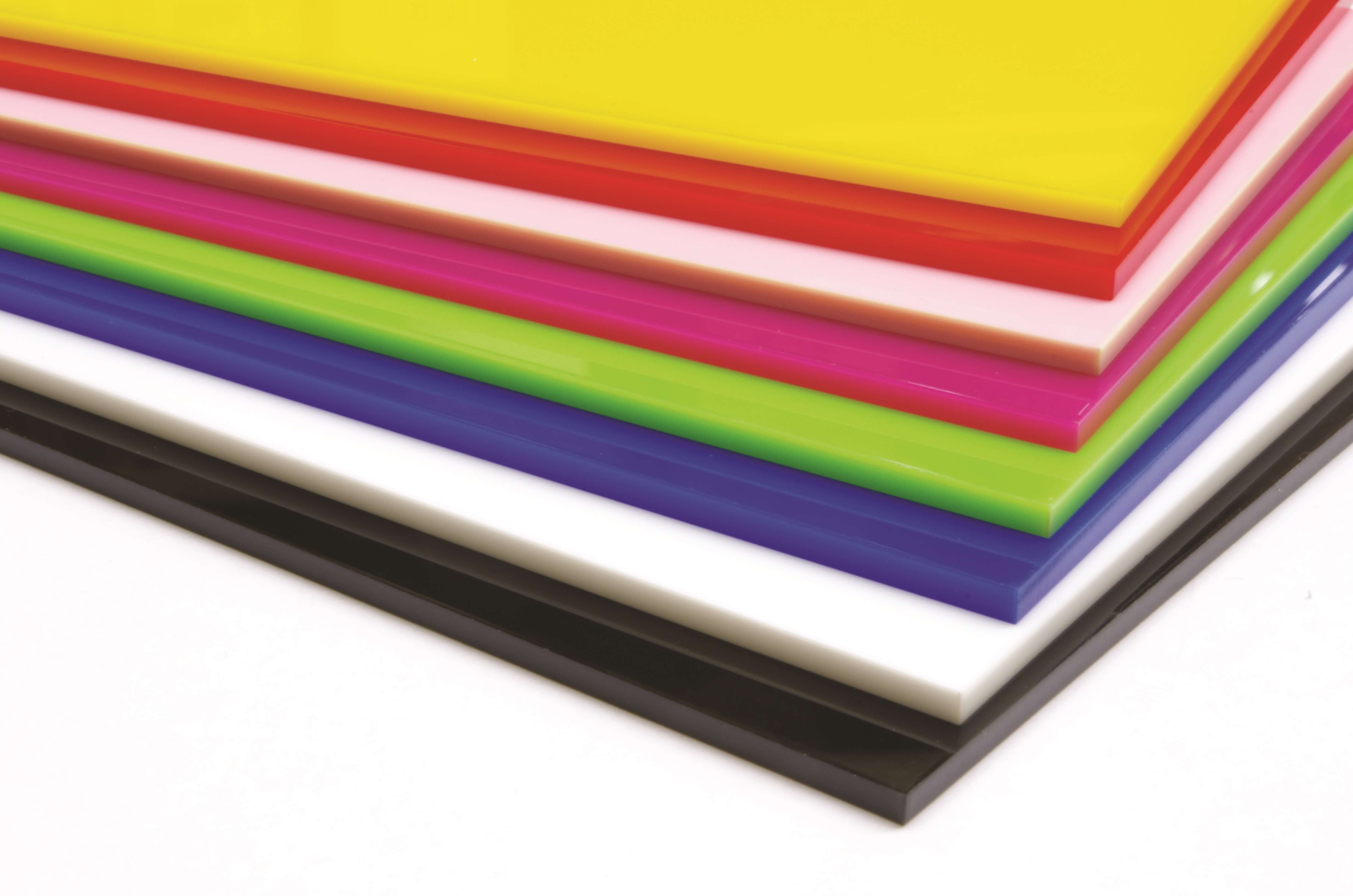
/acrylicpainttips_Beginners-56a6e7a65f9b58b7d0e56af3.jpg)
